Upon first greeting, the matriarch of this family took my by the hands and kissed my face over and over. When I asked her a few questions in Arabic, she didn't seem to hear me. Her son explained to me that the pressure from a bomb explosion in Syria destroyed her hearing and that of one of his daughters. We continued to communicate through kisses on the cheek.
The April 2017 chemical attack shocked us all. But when I heard that it took place in Idlib, it took my breath away. We had just visited dozens refugee families from Idlib who live along the Syrian/Jordanian border on the Jordanian side. Their resilience, kindness, hospitality, in spite of their difficulties. Had they not fled their homes a few years before, they could have been victims of this atrocity. Though they'd been spared this particular war crime, they had endured torture, barrel bombs, point-blank execution, rape, and the constant mind-numbing fear of living in an area that is constantly and violently contested between ISIS and Assad's regime.
Even after a year of refugee work in Greece, what we saw in Jordan caught us off guard: Several Syrian refugee families living isolated, occupying small corners of Jordanian farmers' properties just two miles from the Syrian border. We saw families and small children living in tent-like structures made of blankets. It pained us to see rashes on children’s faces, nutritional deficiencies, dozen’s of children with developmental disabilities, women in their 90’s not knowing where their next meal would come from. We were introduced to widowed women caring for their children, along with their deceased brother’s children. Each family we met carried such a tragic, heart-wrenching story. Yet, they insisted on making us comfortable and serving us tea, thanking us profusely for taking the time to hear their voices.
Fatima, 16 years old, is severely disabled, both physically and mentally. She prefers to crawl over sitting in a wheelchair. A few days before our visit, she had injured her foot by crawling over a broken bottle. Her mother carried her to us asking for some medicine.
We were shocked to find that there is no NGO presence along the Jordanian/Syrian border, apart from the occasional aid drop-off. No Refugees drink untreated canal water. They have no mode of transportation into town to visit doctors. After all, Jordan has been hit hard by the crisis -- over 1.3 million Syrian refugees live in Jordan. The need is staggering.
While our food and hygiene packs go a long way in Greece, we quickly realized they wouldn’t put a dent in the situation in Jordan. What would be a sustainable way to make a difference in the lives of the Syrian Bedouins we were forming a loving bond with? We asked the refugees themselves how we could help them: answer was resoundingly "goats."
Most of my knowledge about goats comes from social media: they scream like humans, make decent yoga partners, and if ever at a loss for words, a goat emoji does the trick. It wasn't until this visit that I truly appreciated that a goat can mean everything, even survival, to a refugee family.
Why goats?
NUTRITION. Goats support nutritional needs of the refugees with milk, who currently lack a stable food supply, especially protein.
INCOME. goats provide sustainable income for the families who can sell both the milk and the offspring.
LIFESTYLE. Goats support the Bedouin natural lifestyle that they have enjoyed for centuries. We are providing them with their inert ways of supporting themselves and their families. This also brings psychological support, as it is a returning a piece of normalcy, a piece of familiarity.
We are working closely with the organizations on the ground who has identified 400 vulnerable families, each of whom will receive two goats in order to support the families. Each goat costs 300 USD. This means we can support one family with two goats for 600 USD.
The goats will be properly vetted by medical teams in order to ensure their health and safety. No contribution to this project is too small, as every dollar adds up!
We are also taking steps to ensure the sustainability of the goats by:
CONTRACT: Writing a contract with the refugees to ensure they do not sell the donated goats. (They are permitted to sell offspring and milk only).
FOLLOWUP: Providing goats to families whom our partners in Jordan serve, so they can follow up with the families in the future.
ACCOUNTABILITY: Having the land owners sign contracts stating that they will not confiscate the goats, the offspring, or the milk.
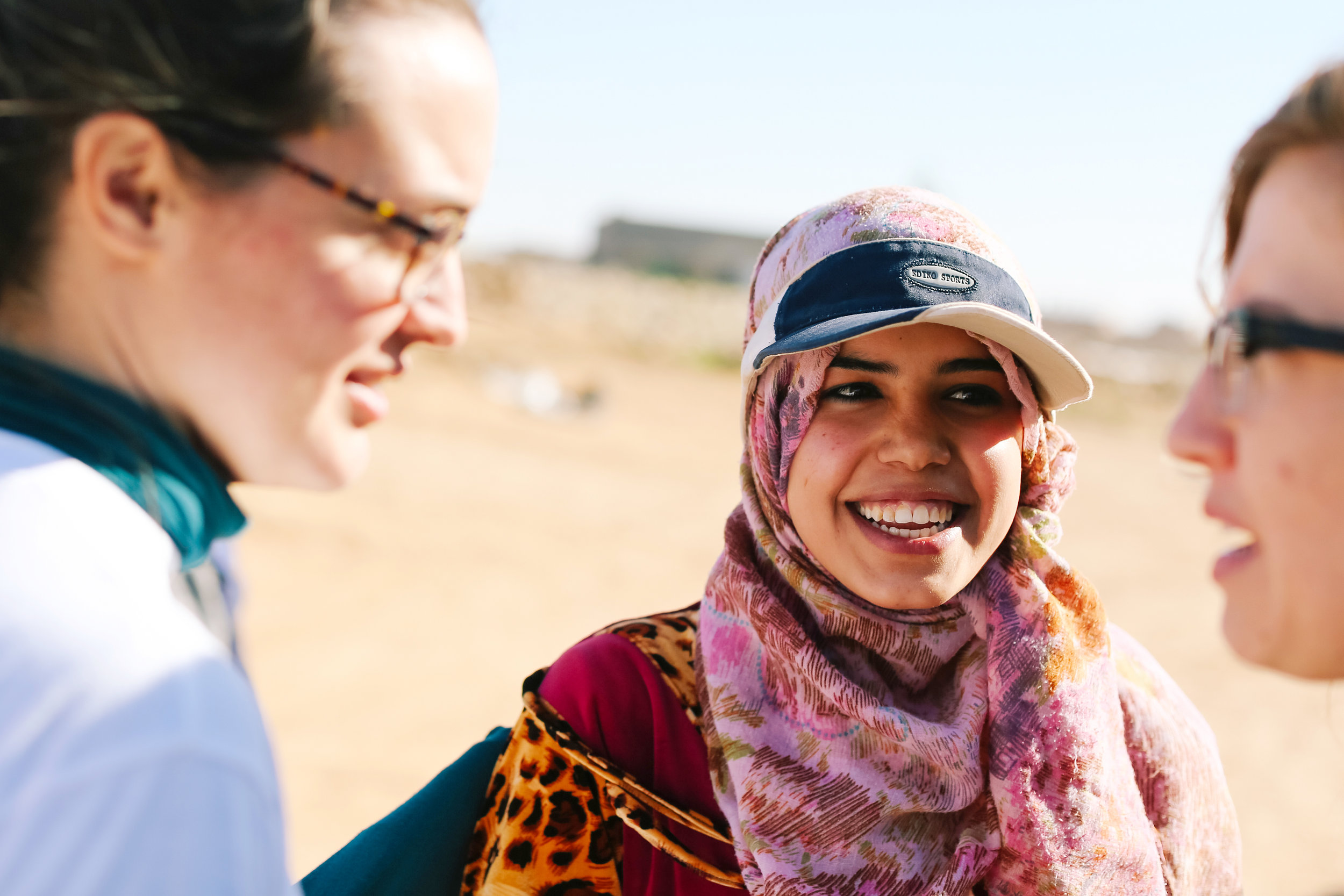
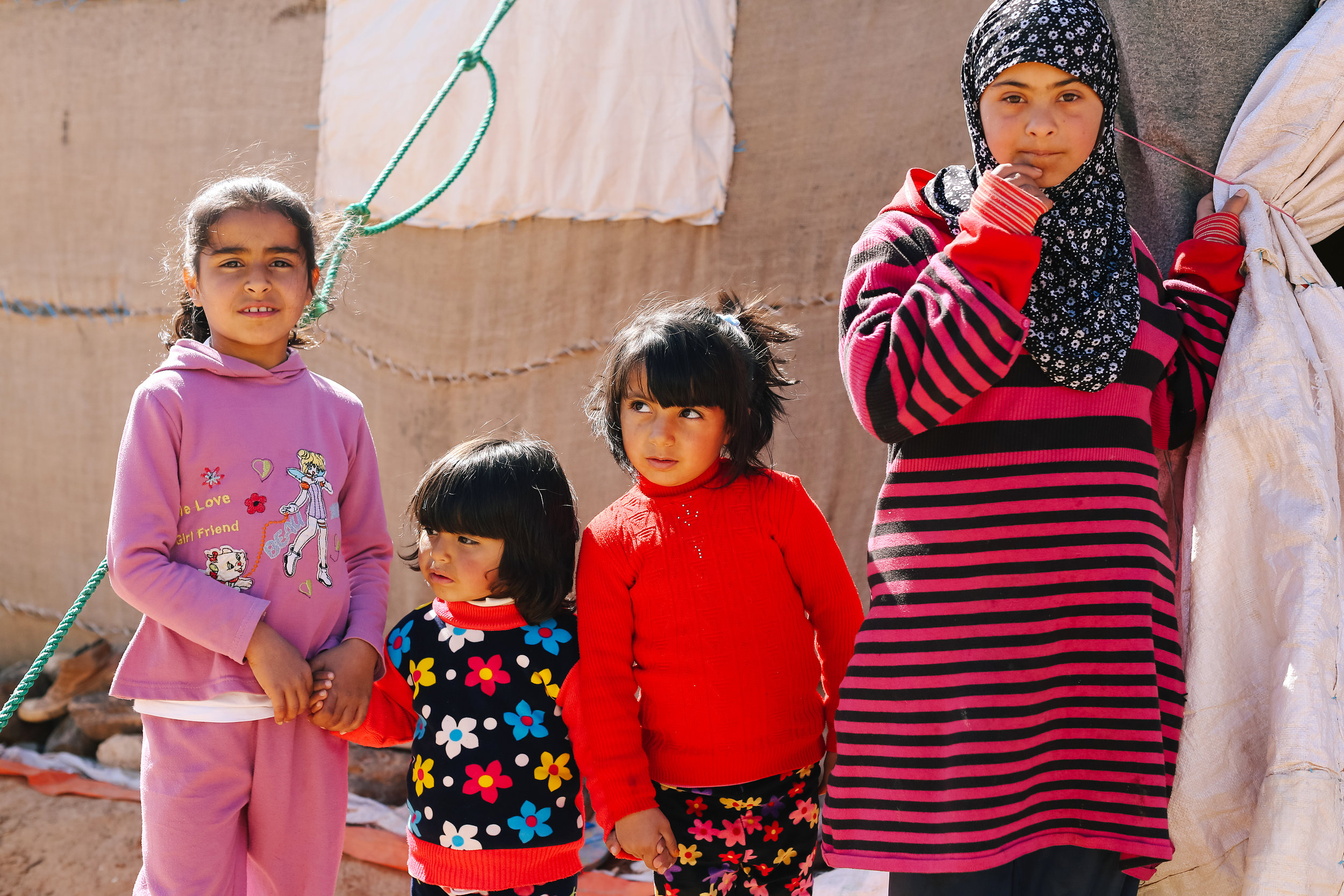
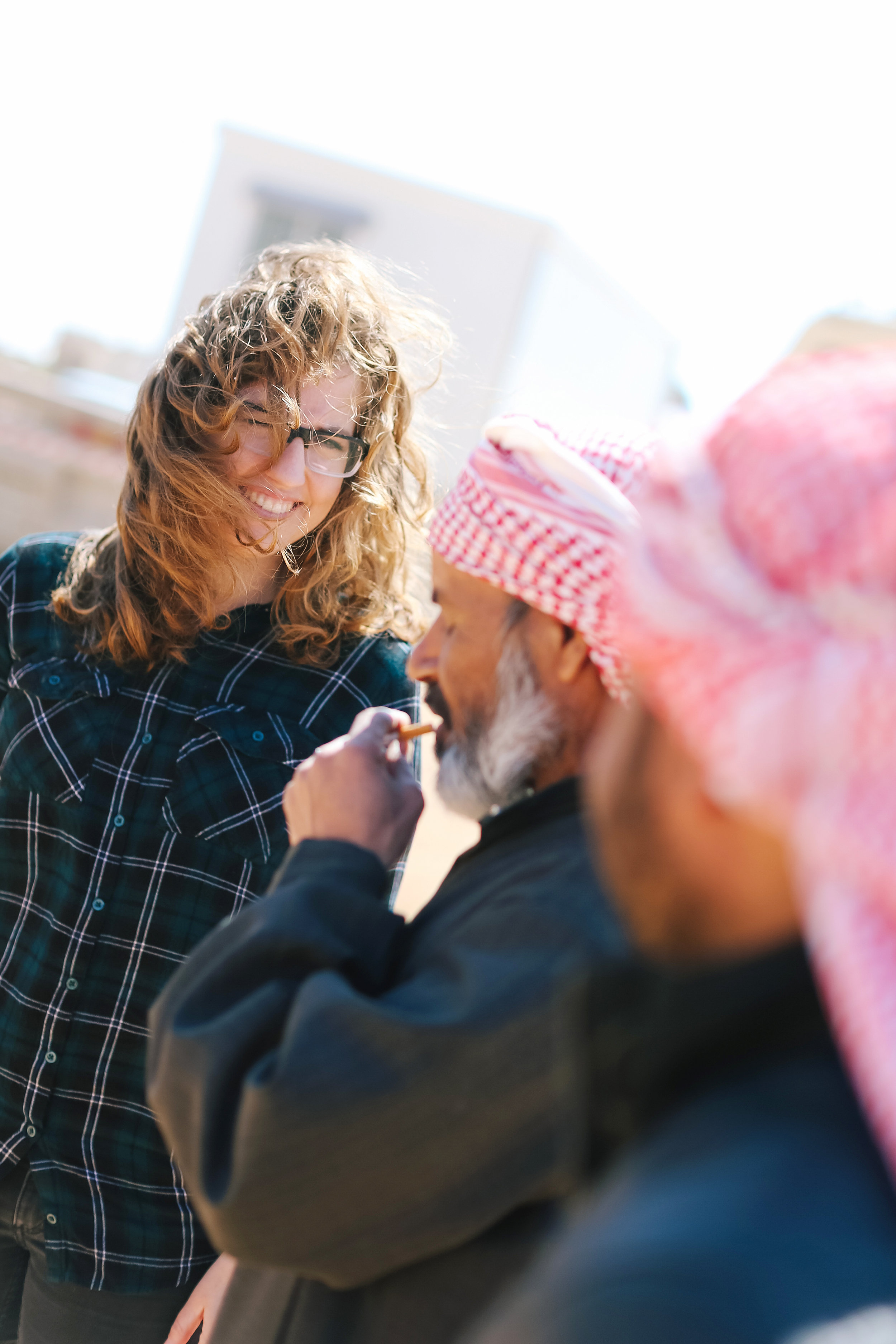
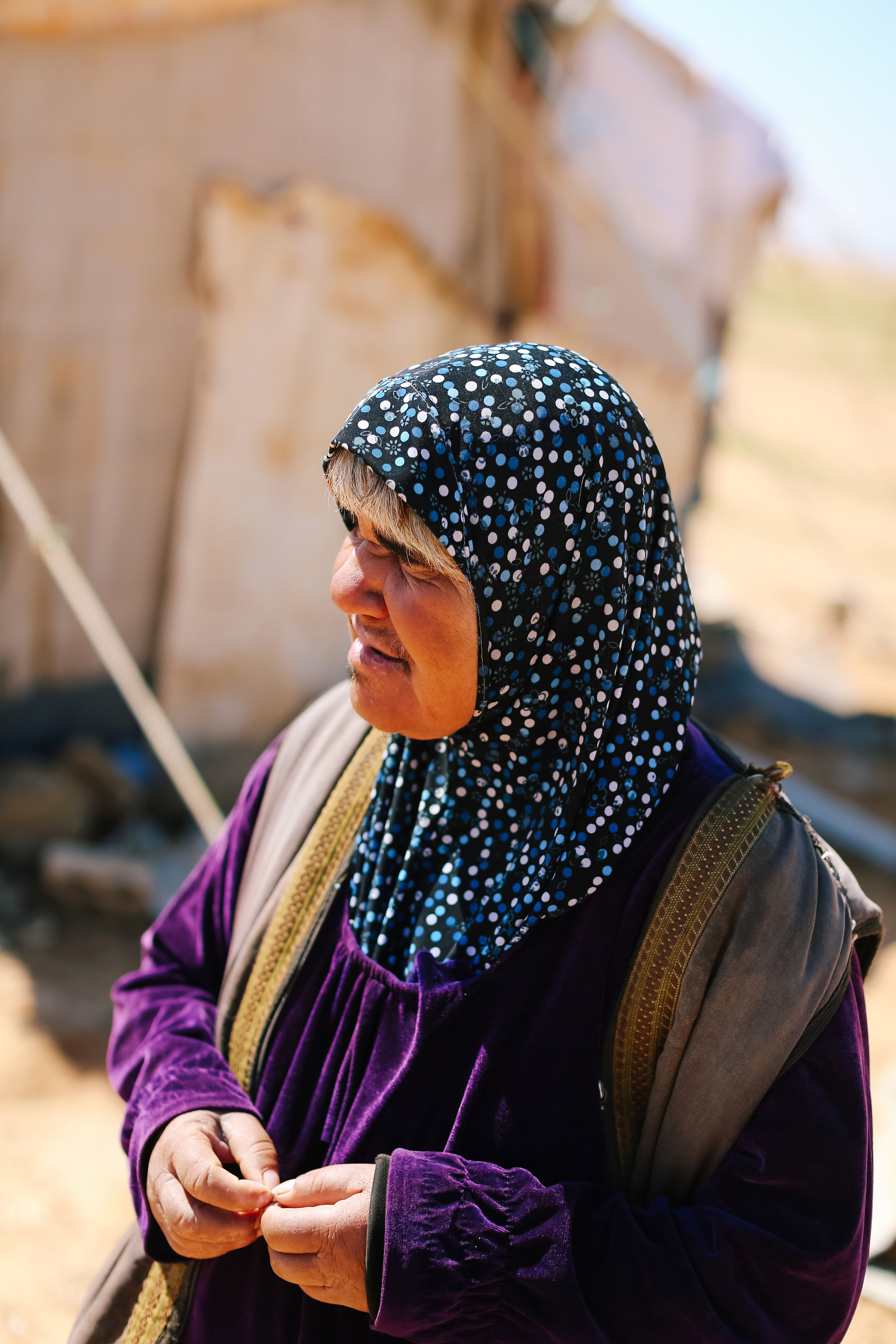
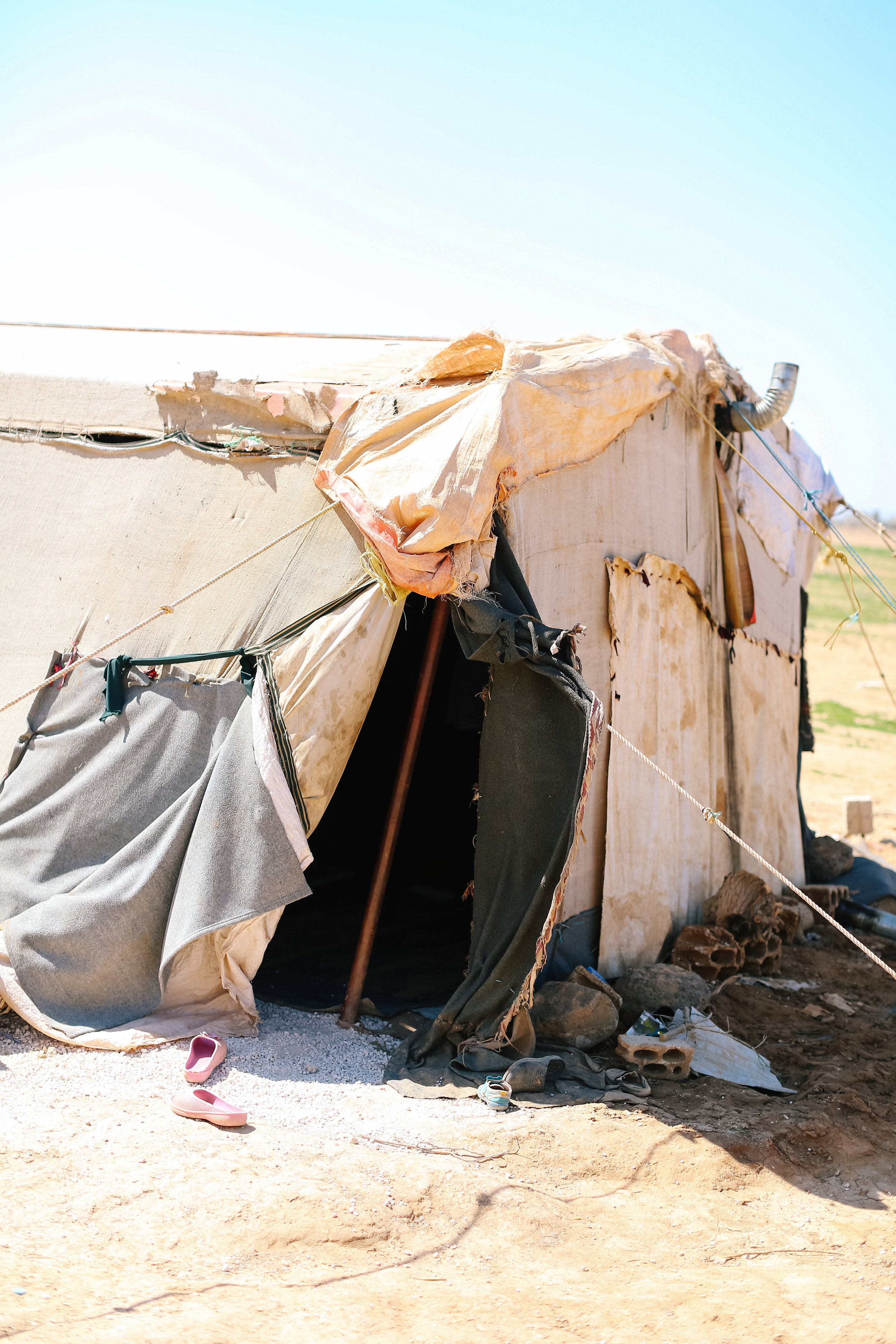
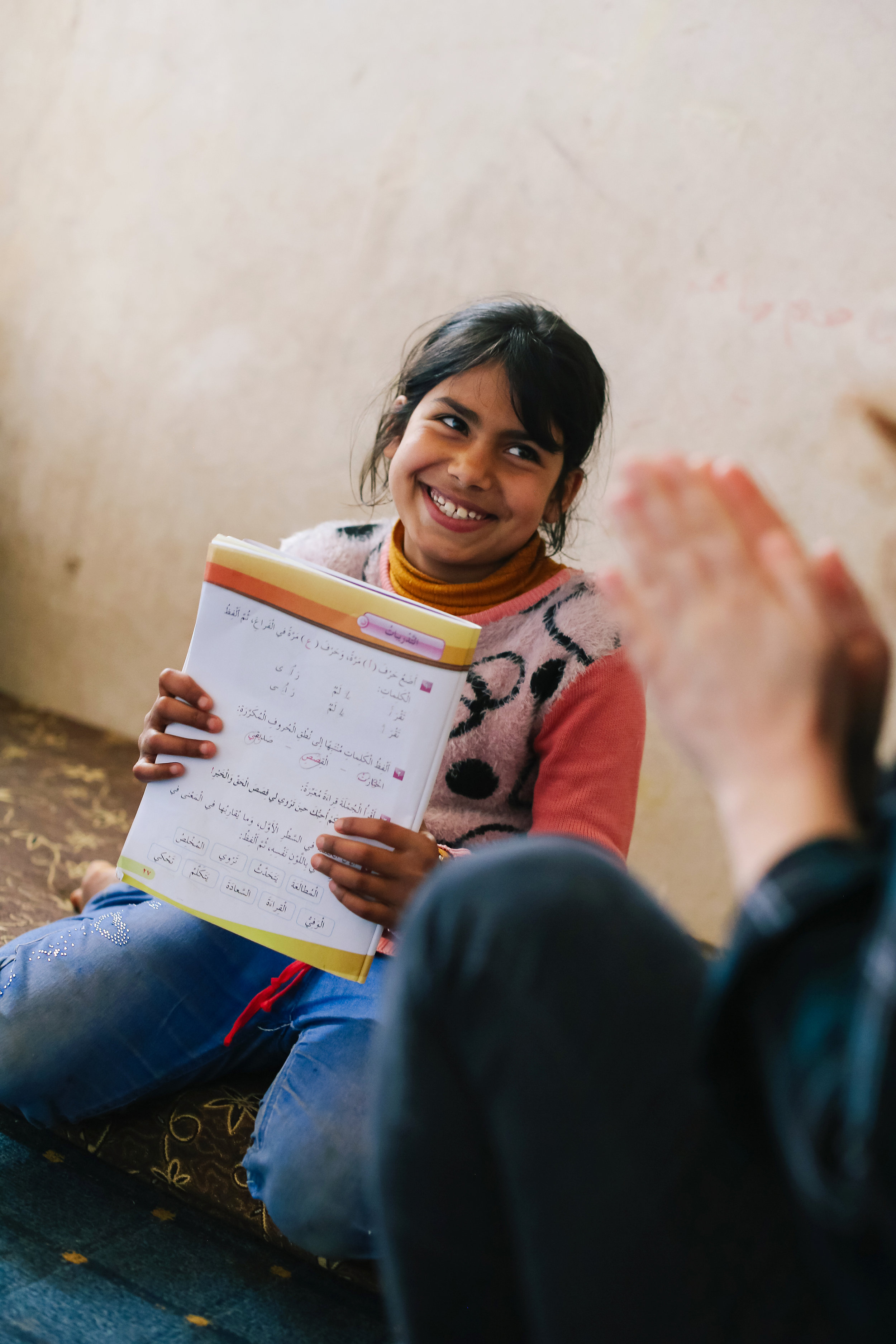
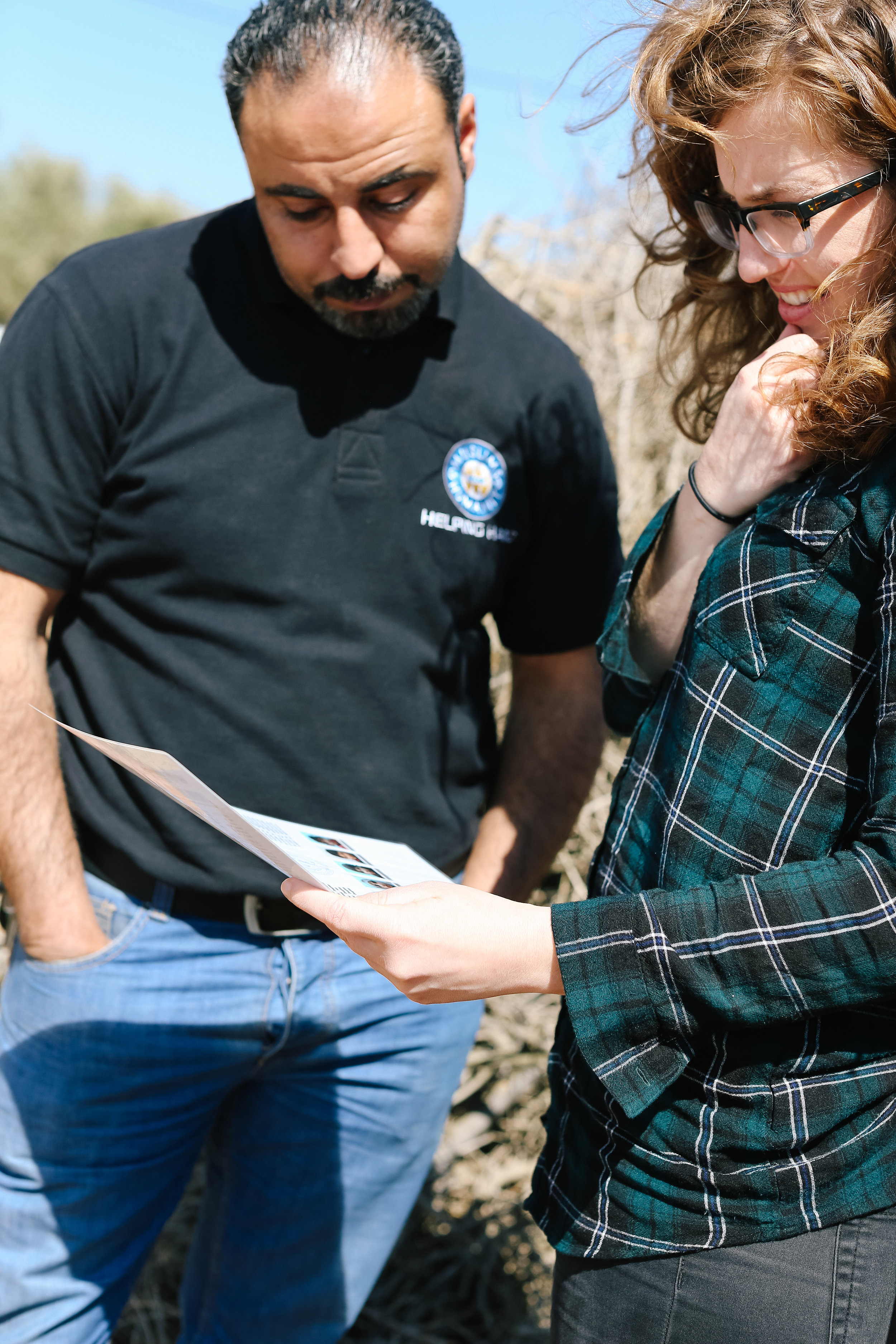
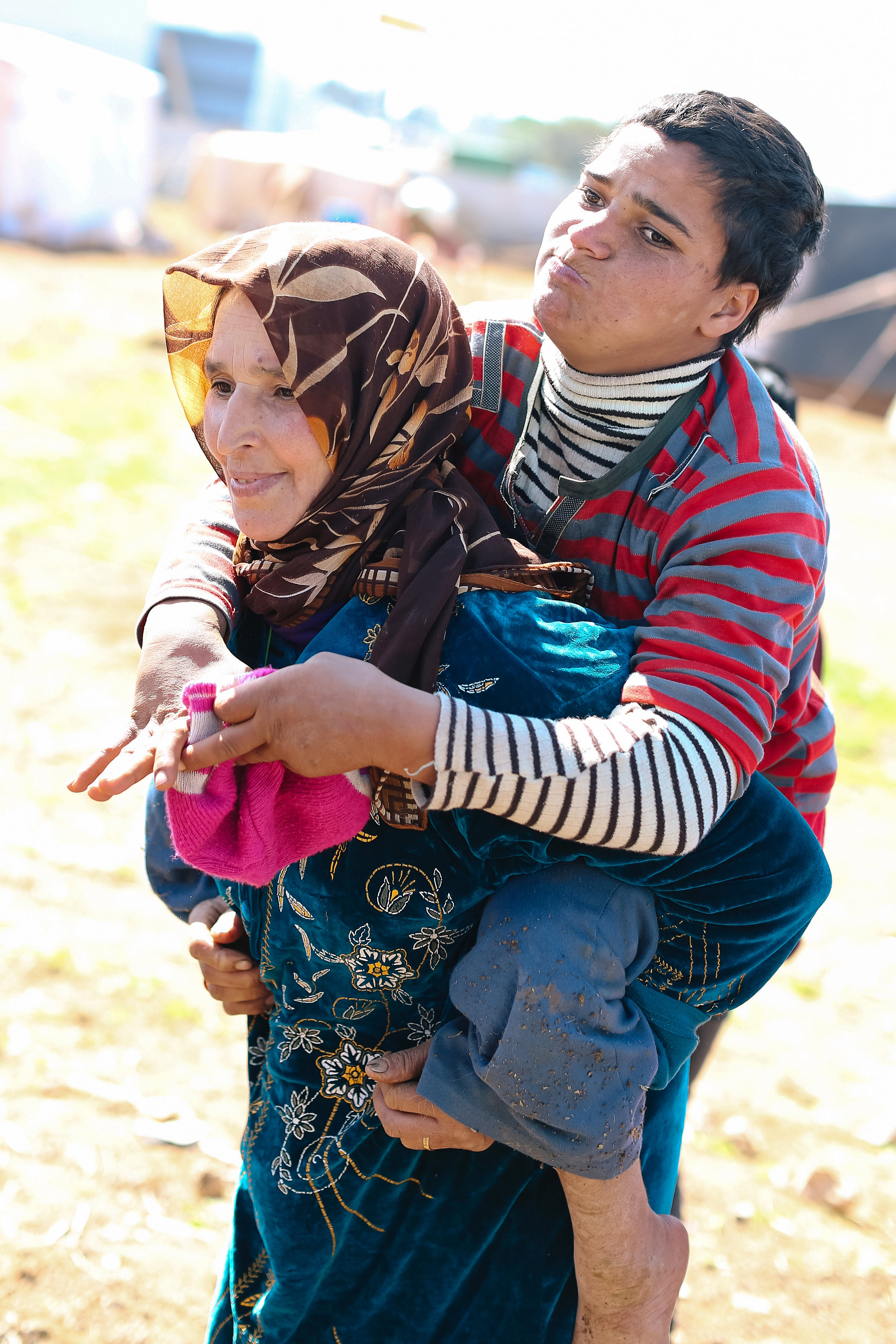
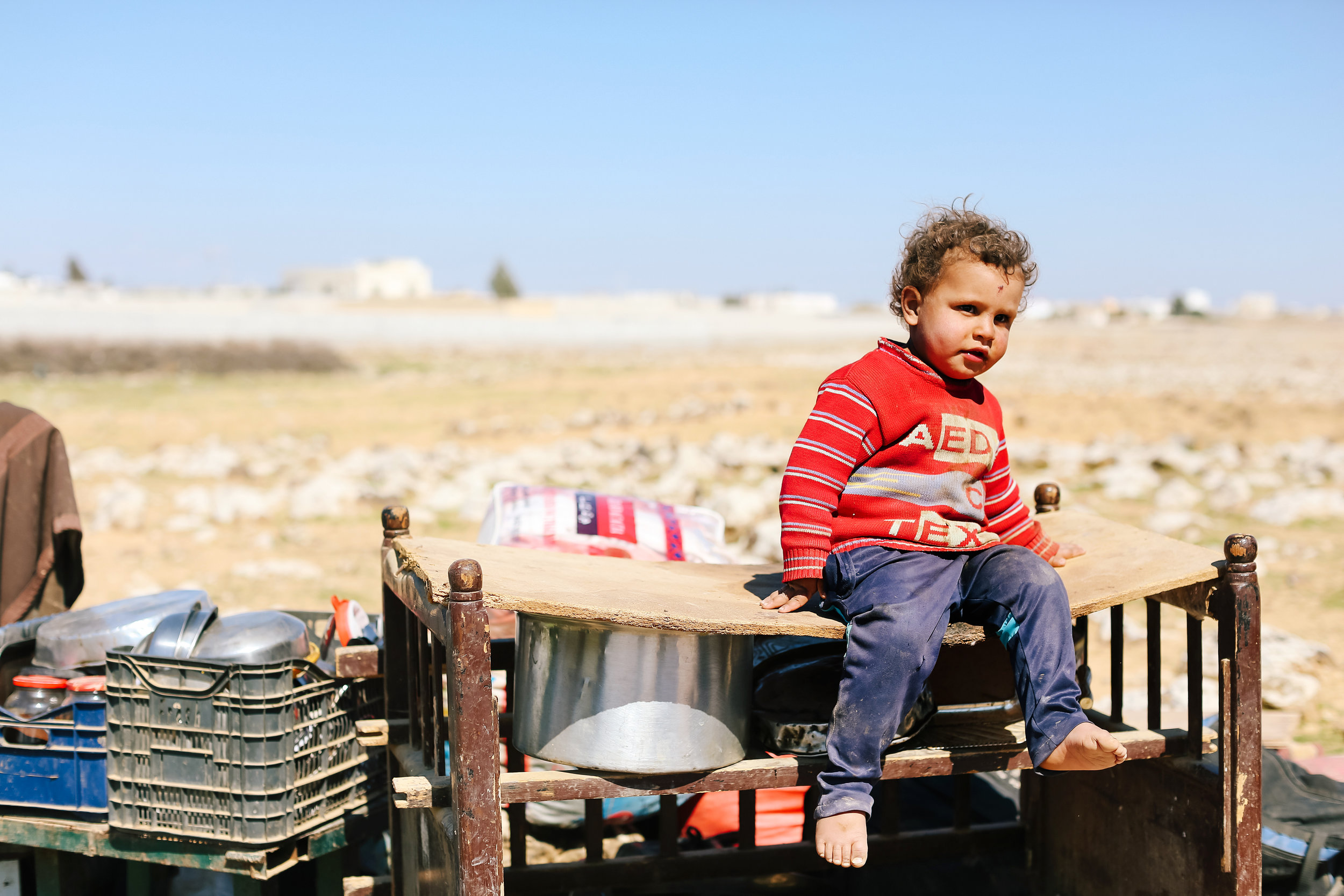
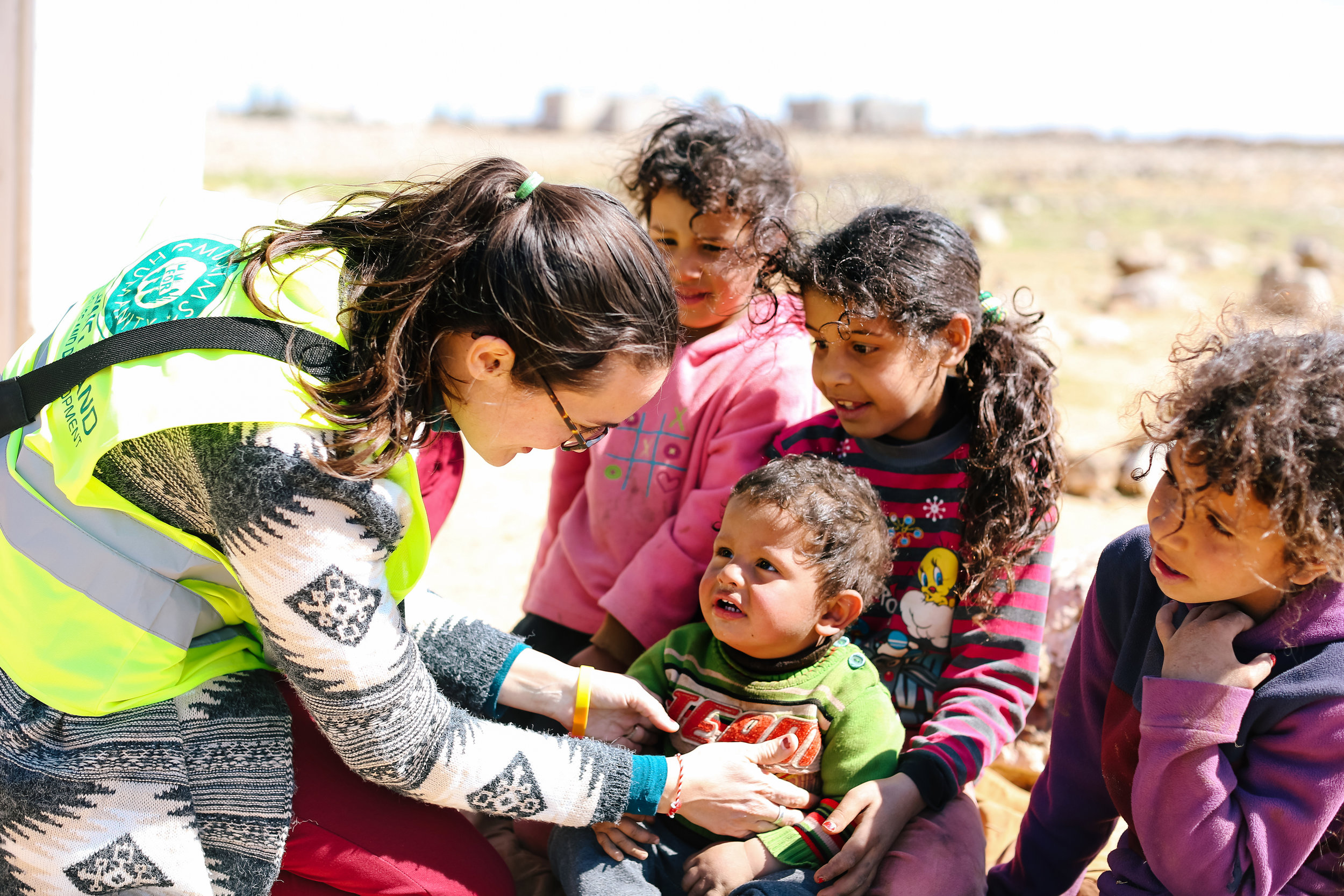
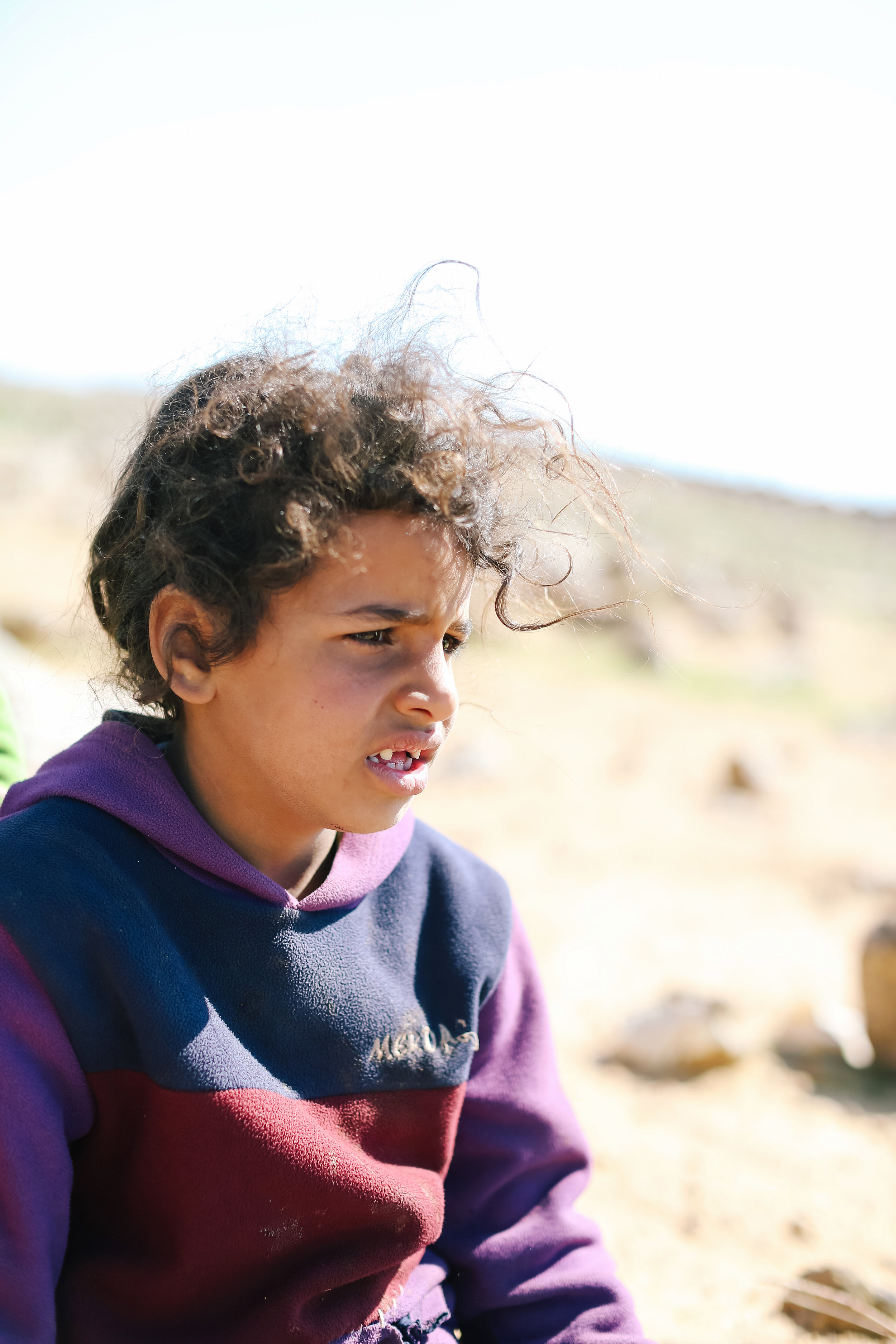
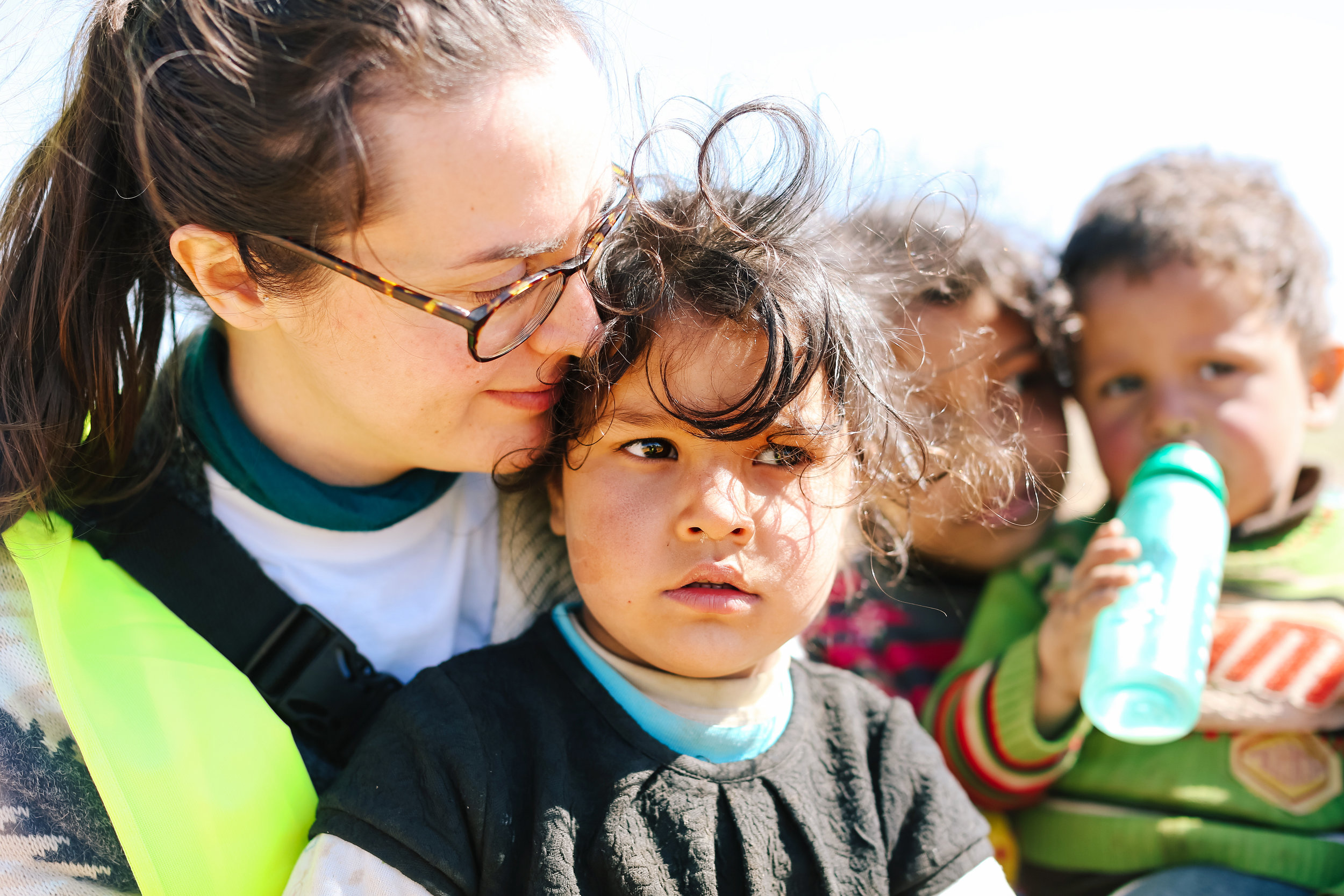
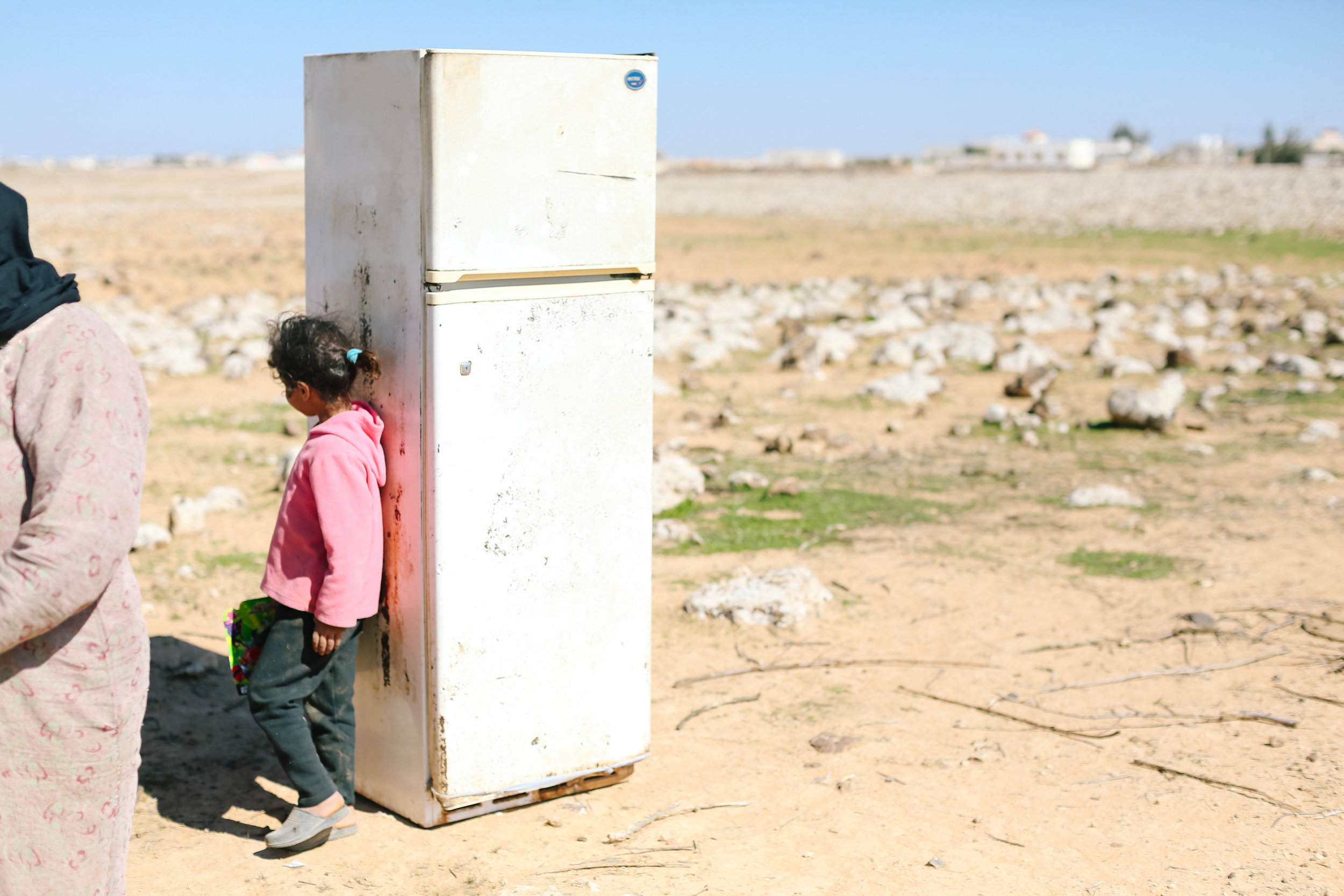
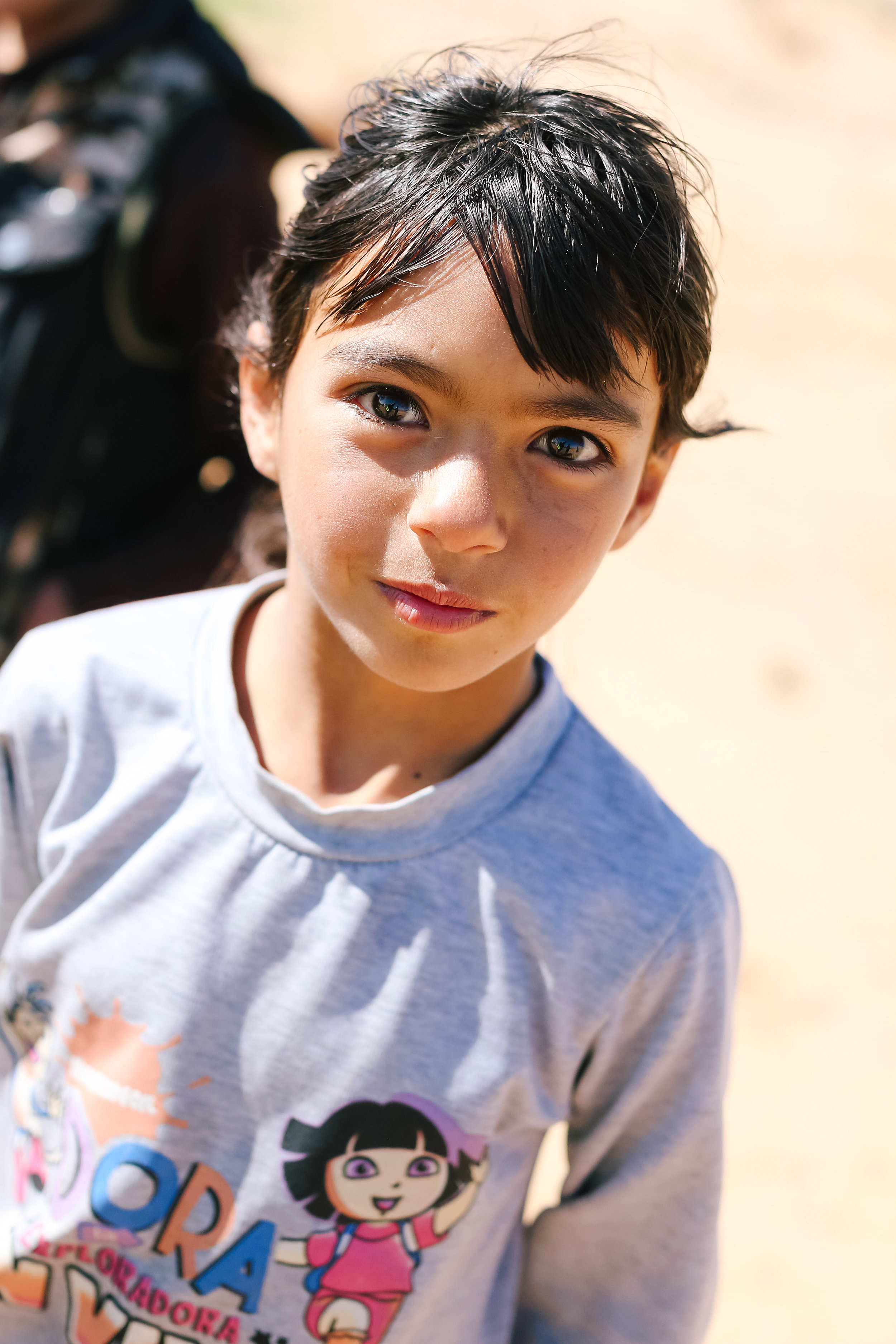
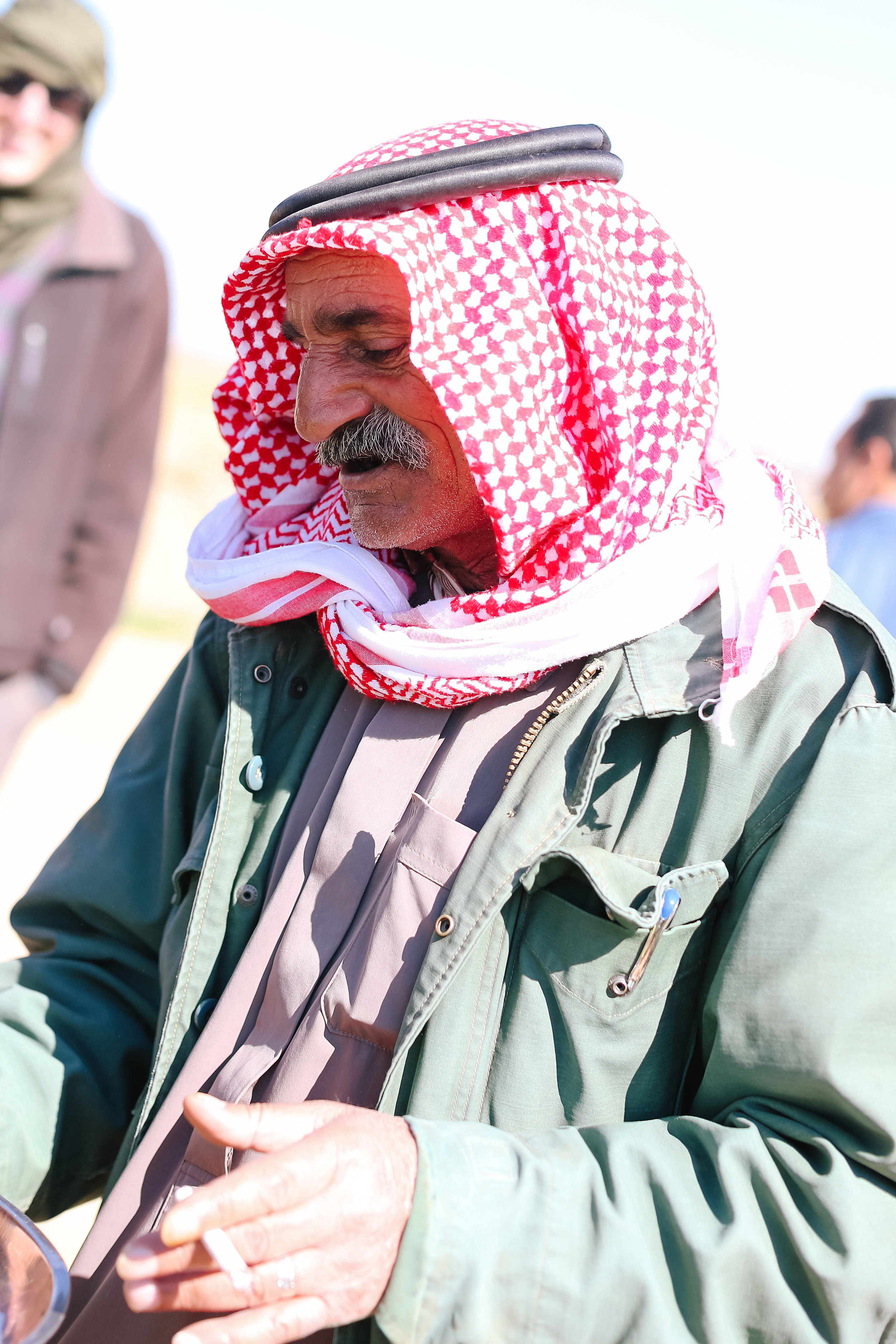
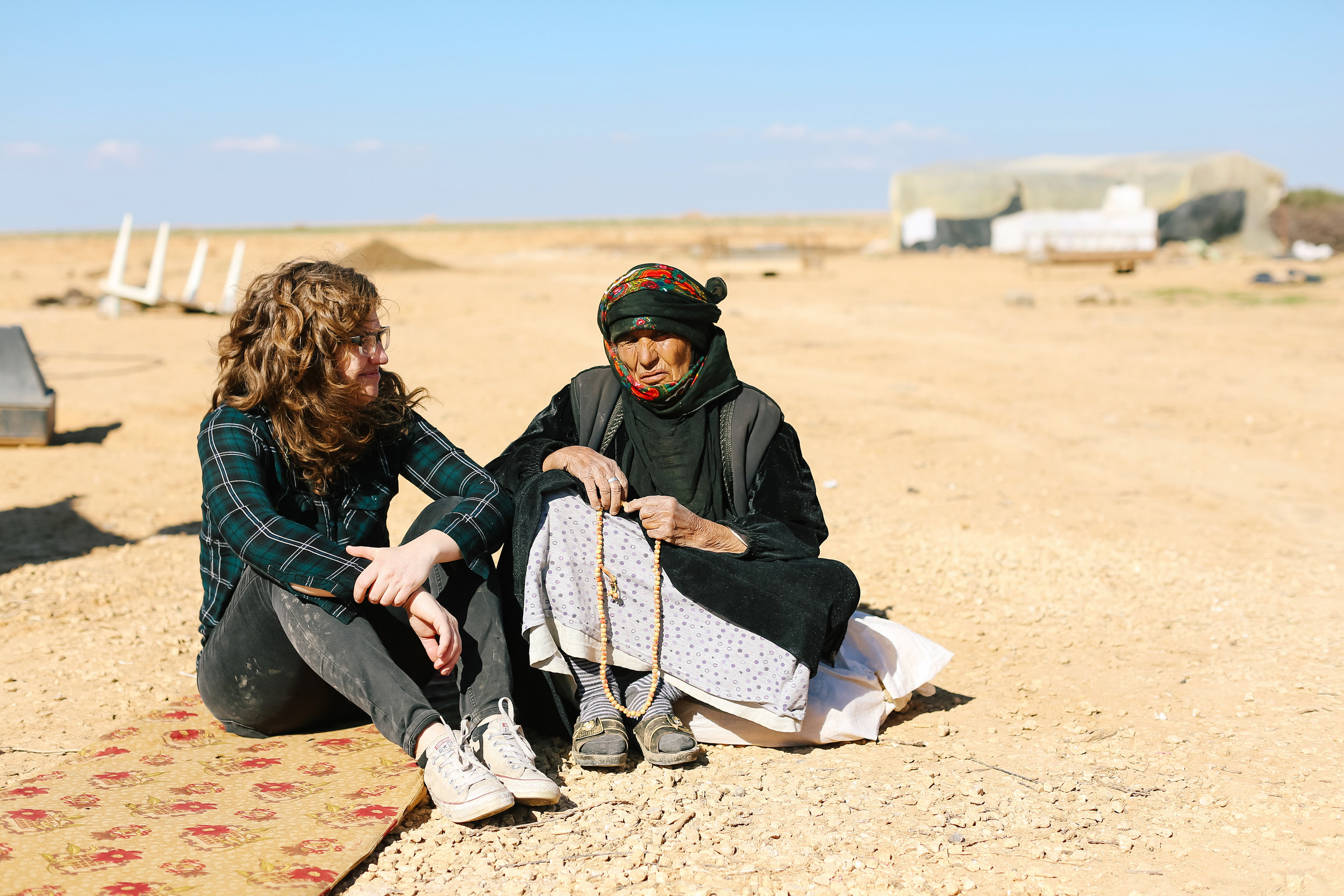
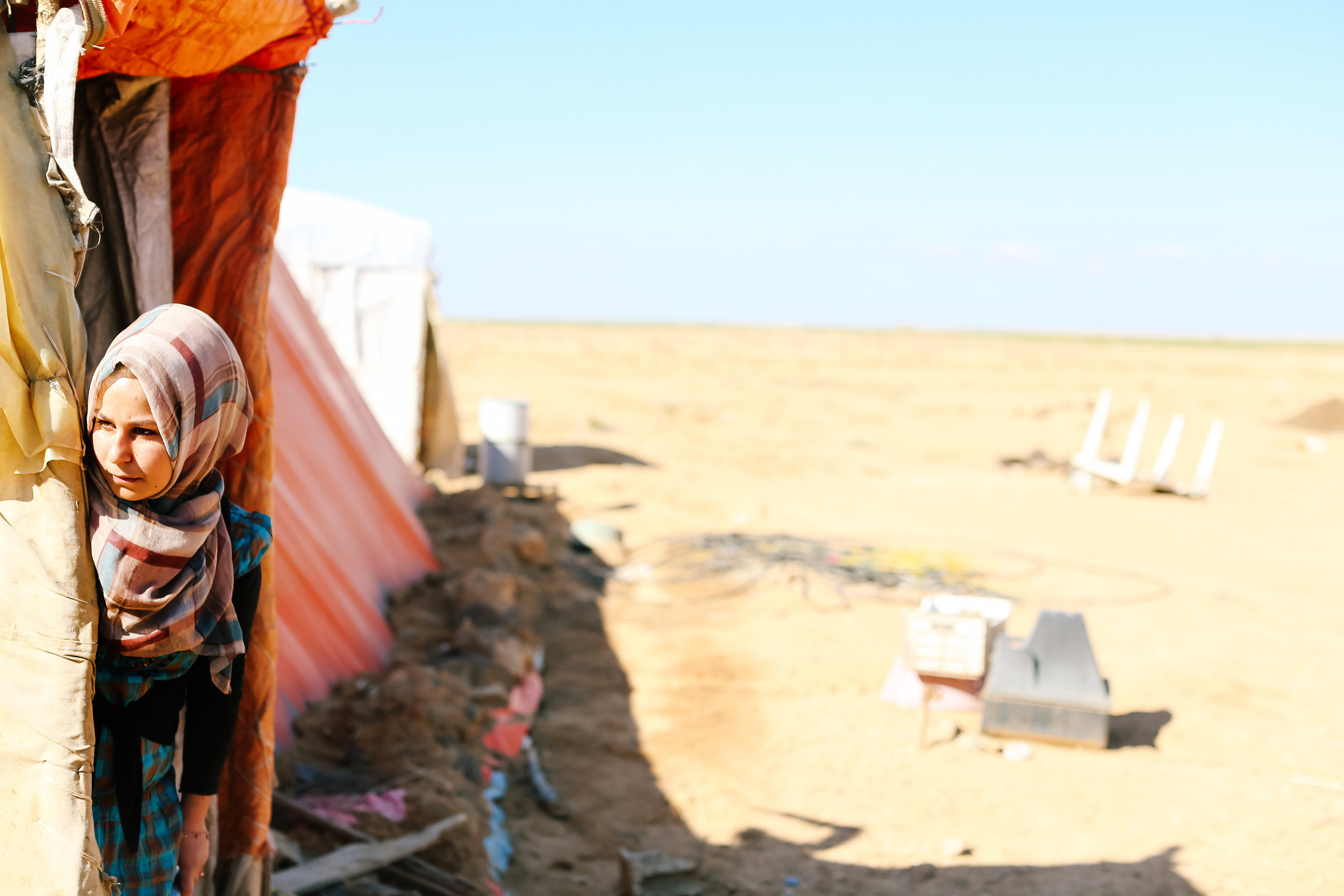
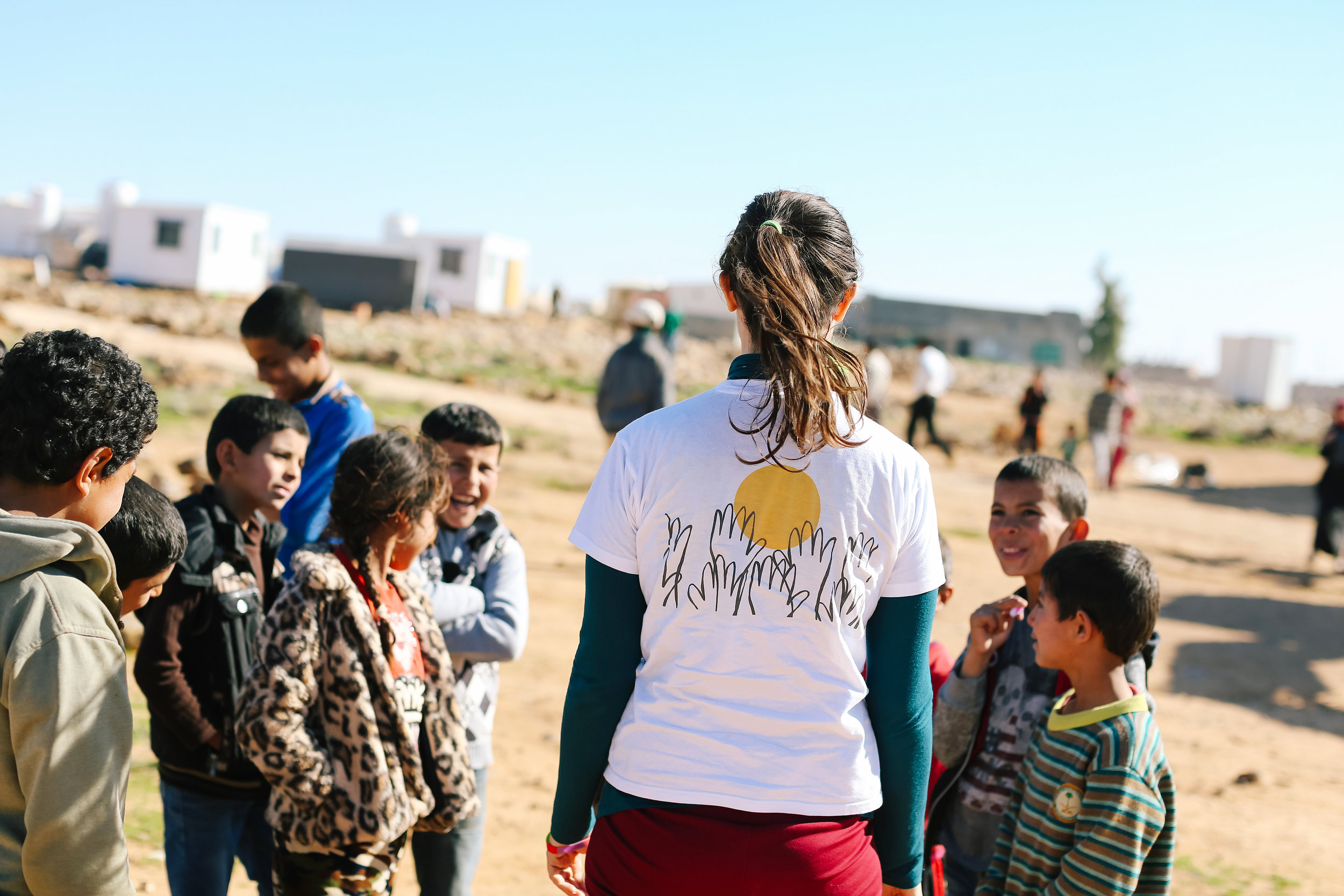
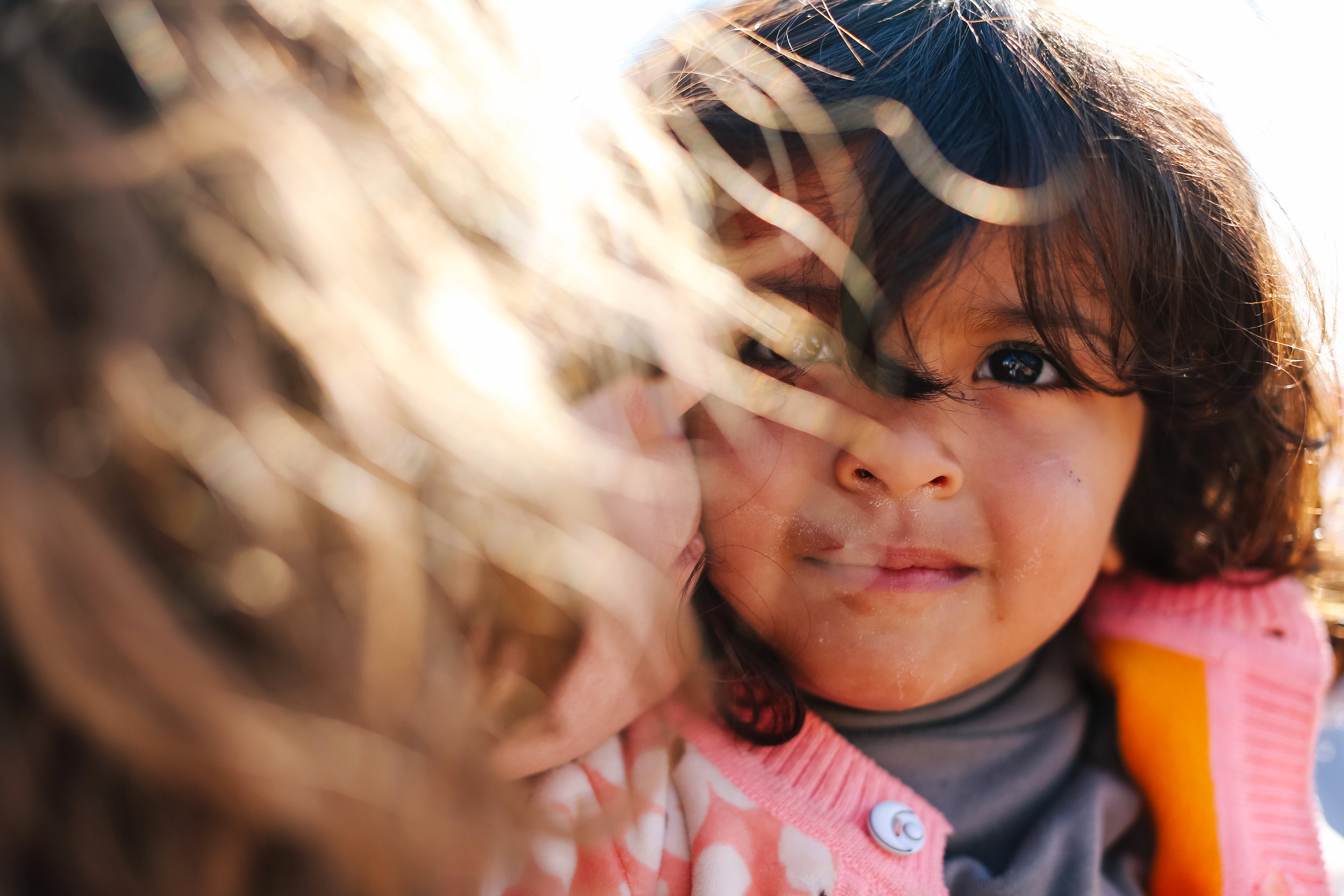
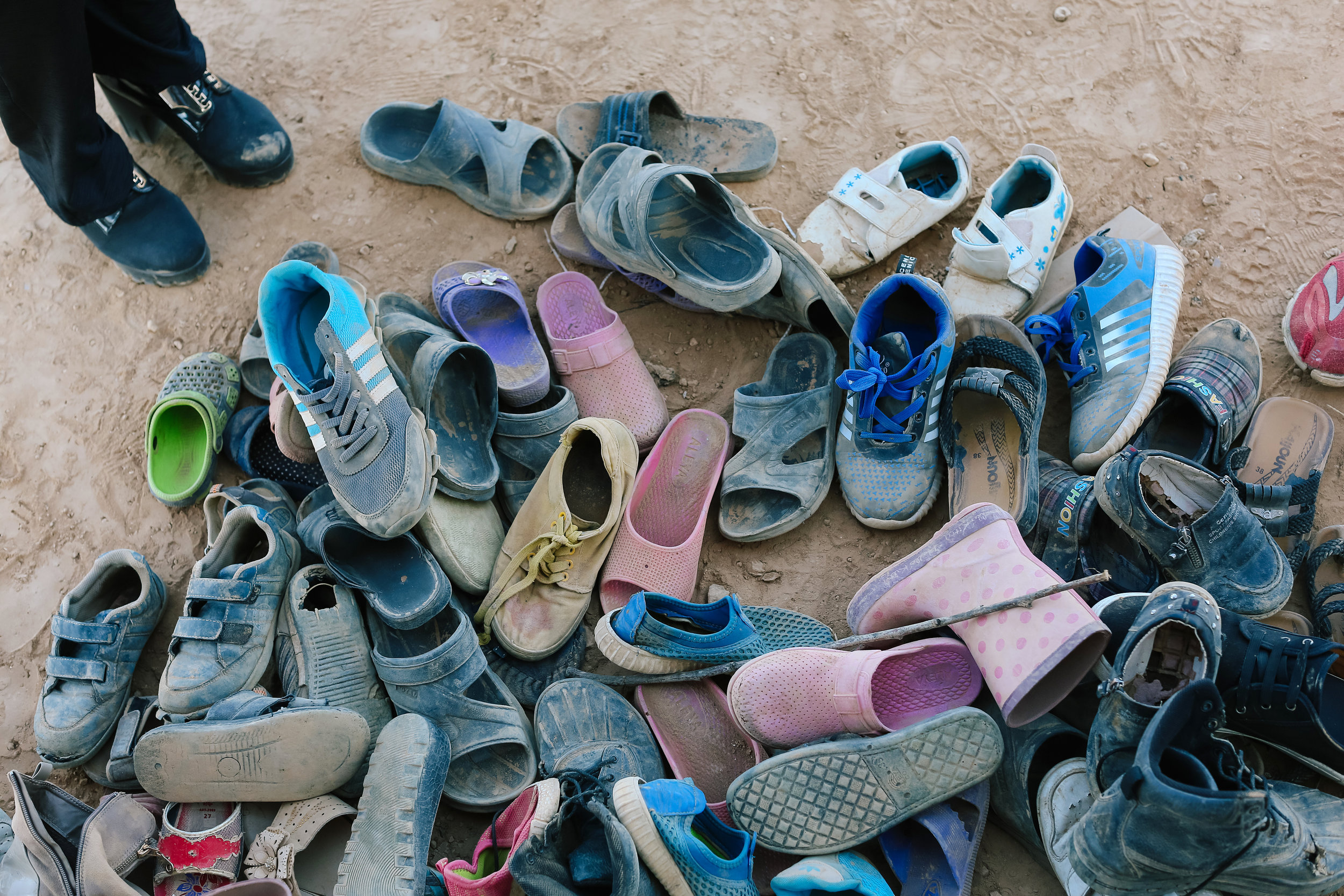
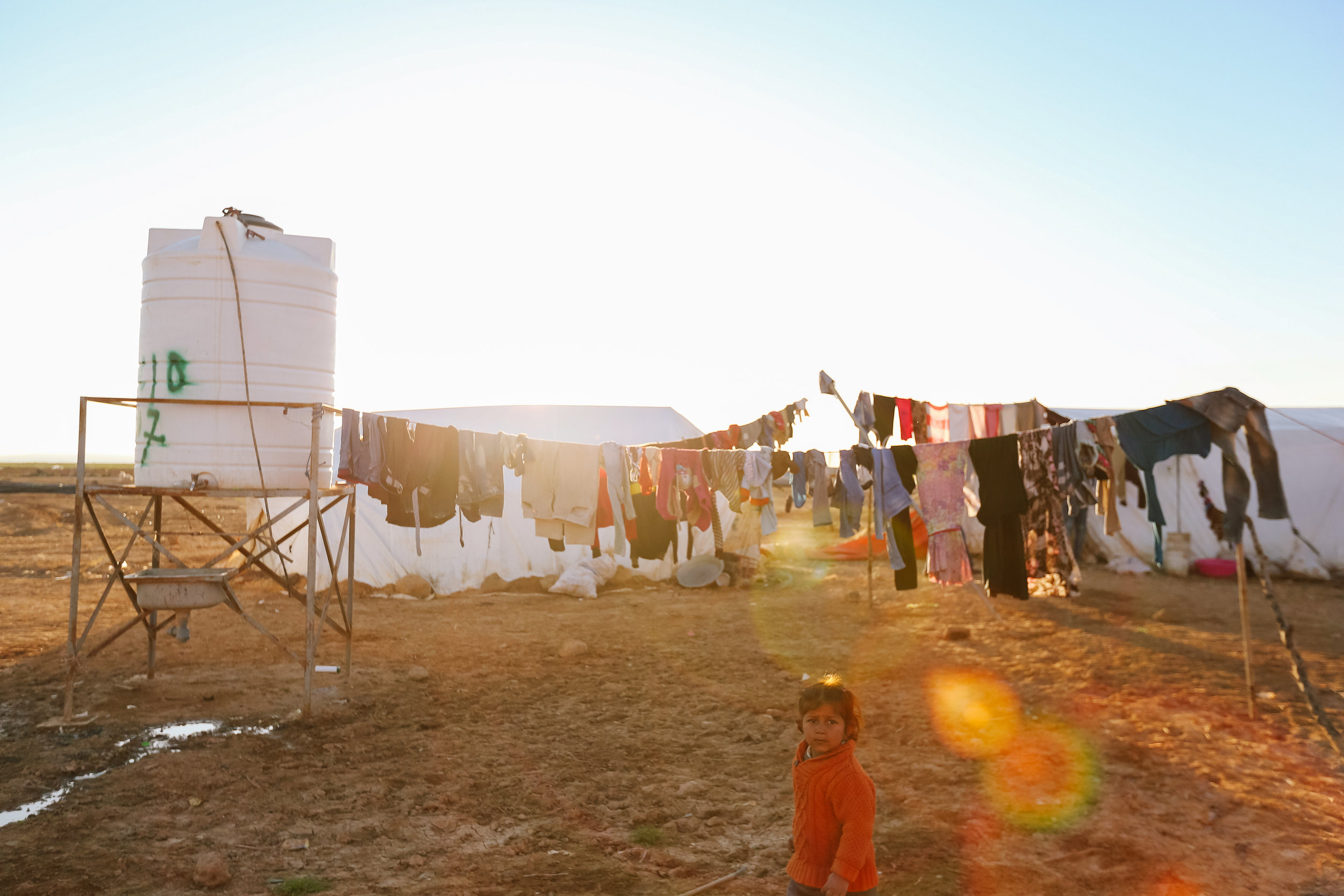
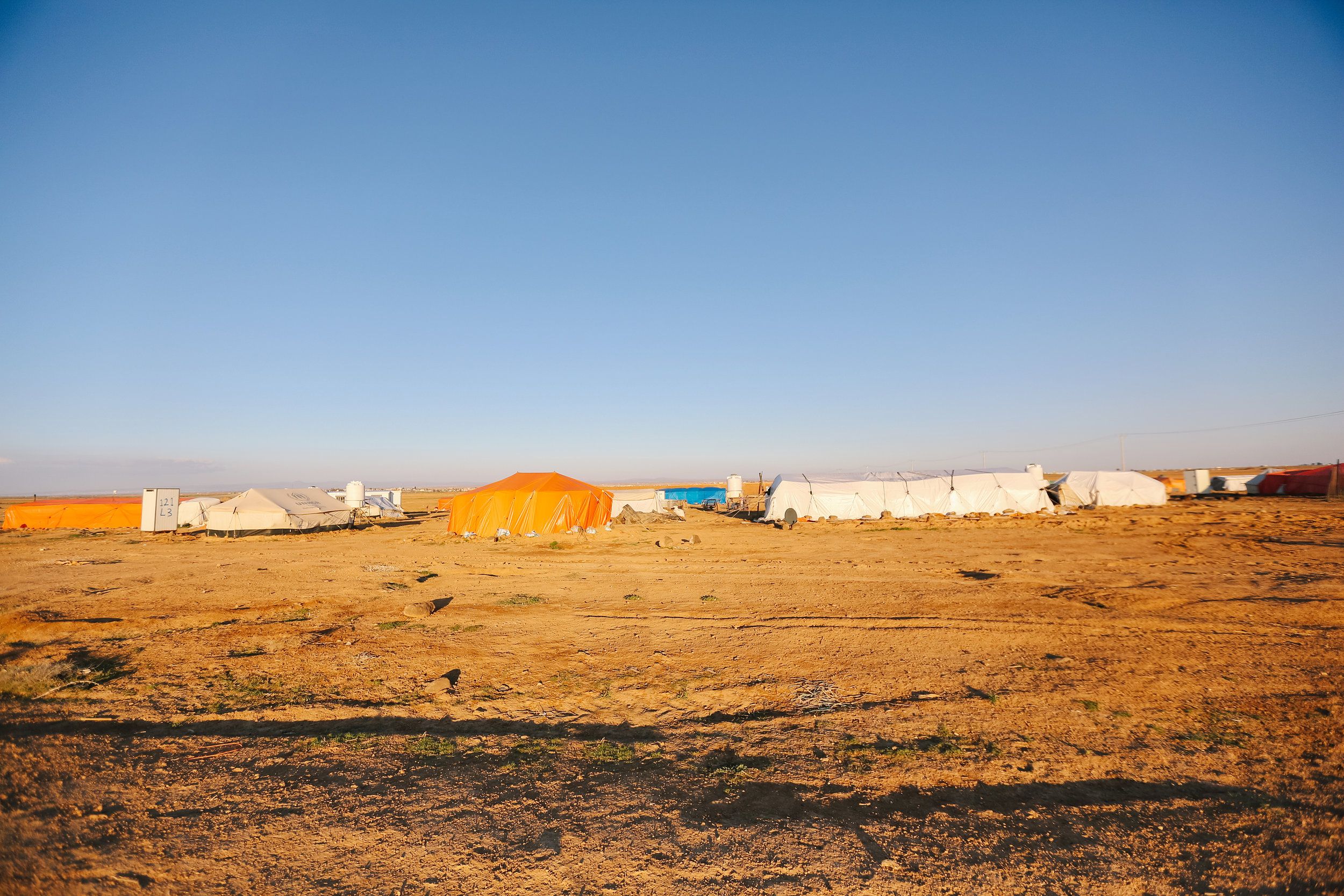
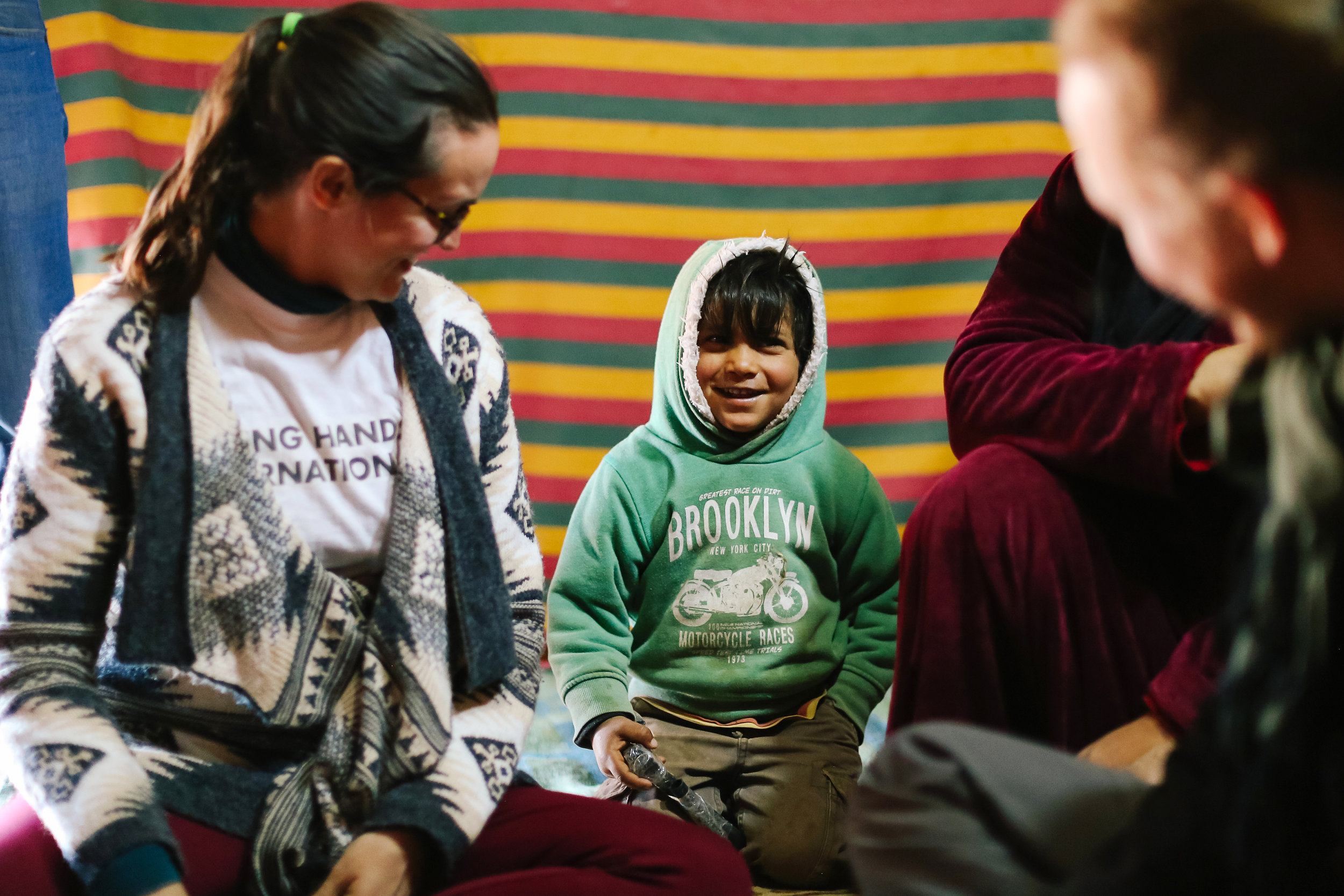
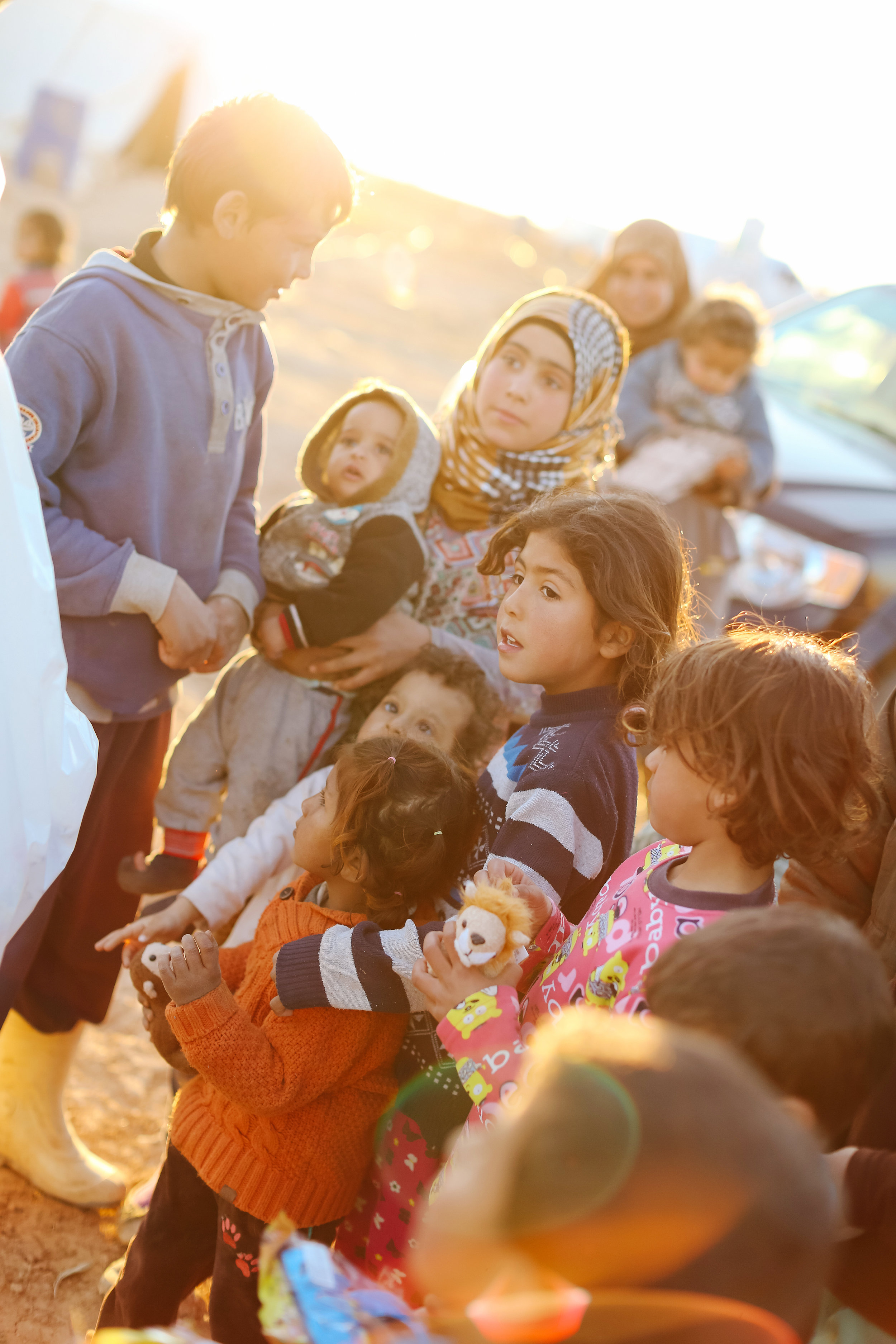
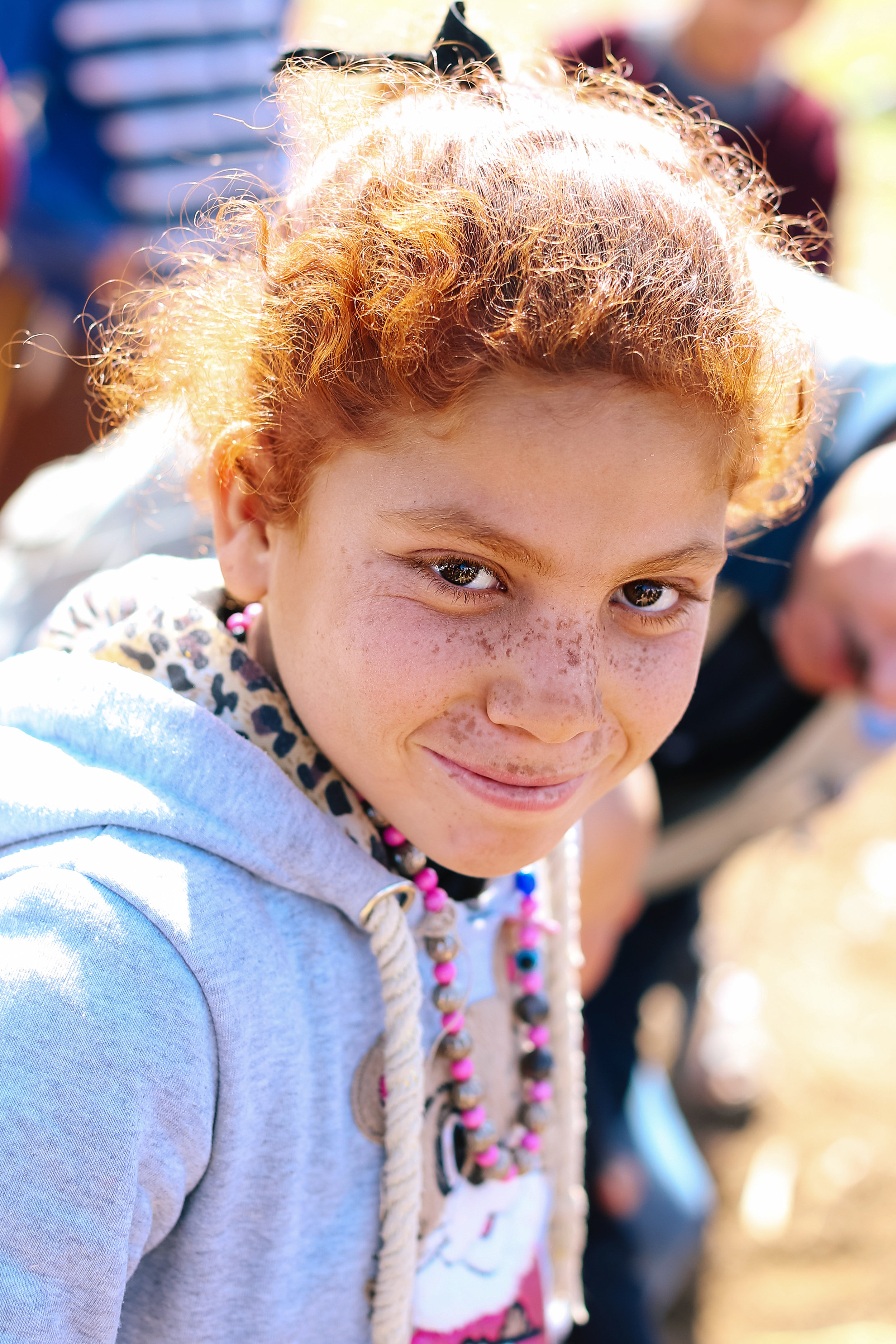
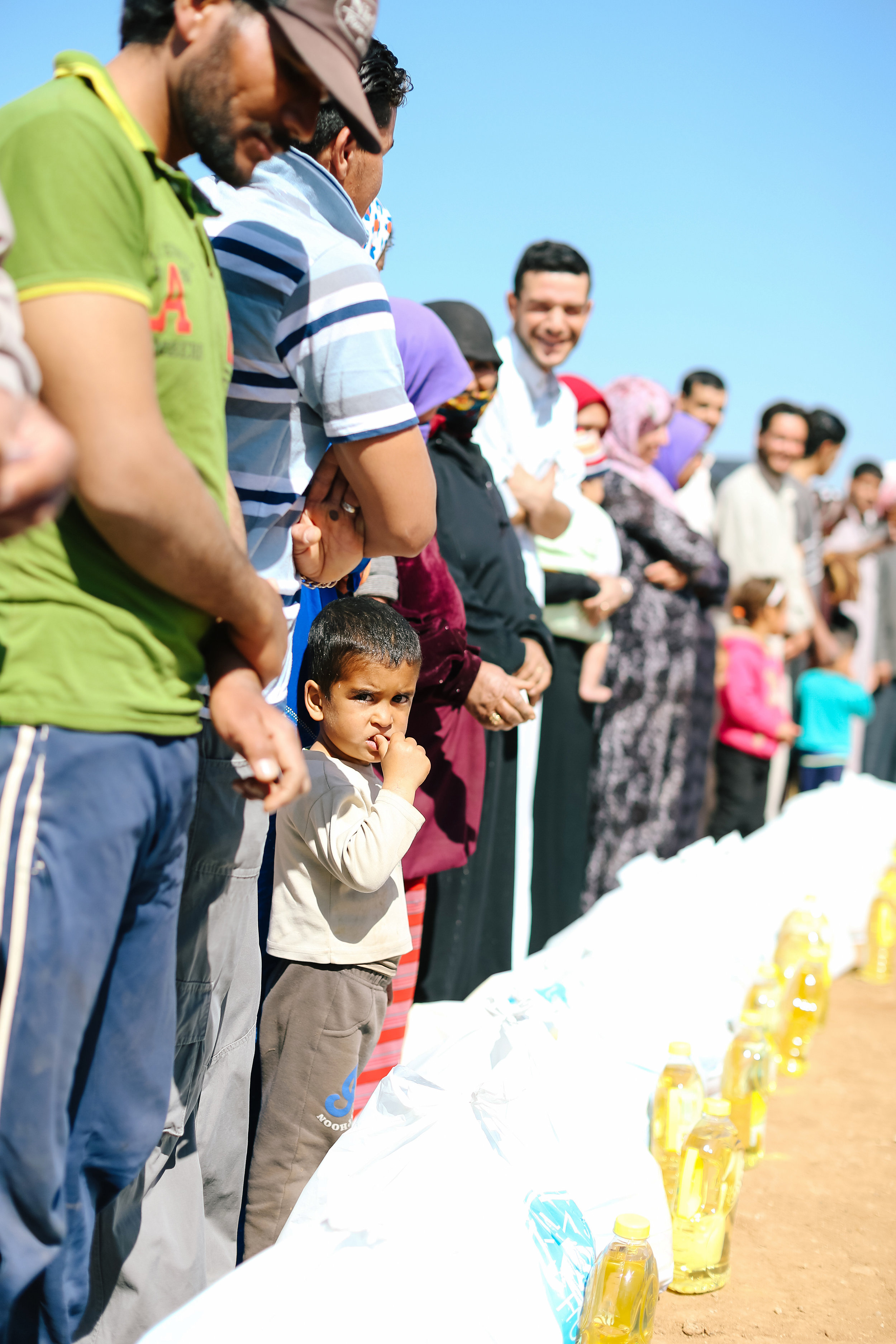
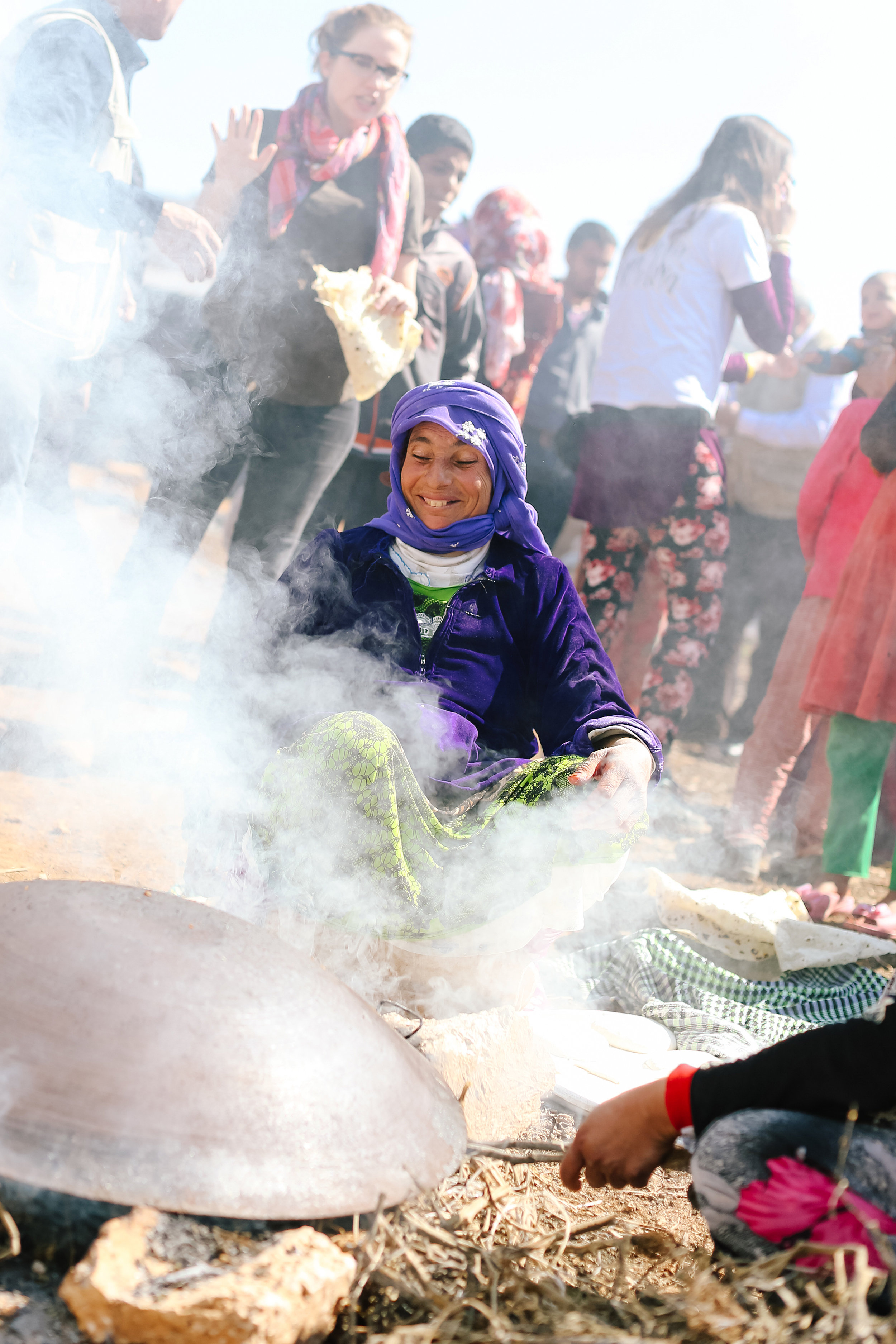
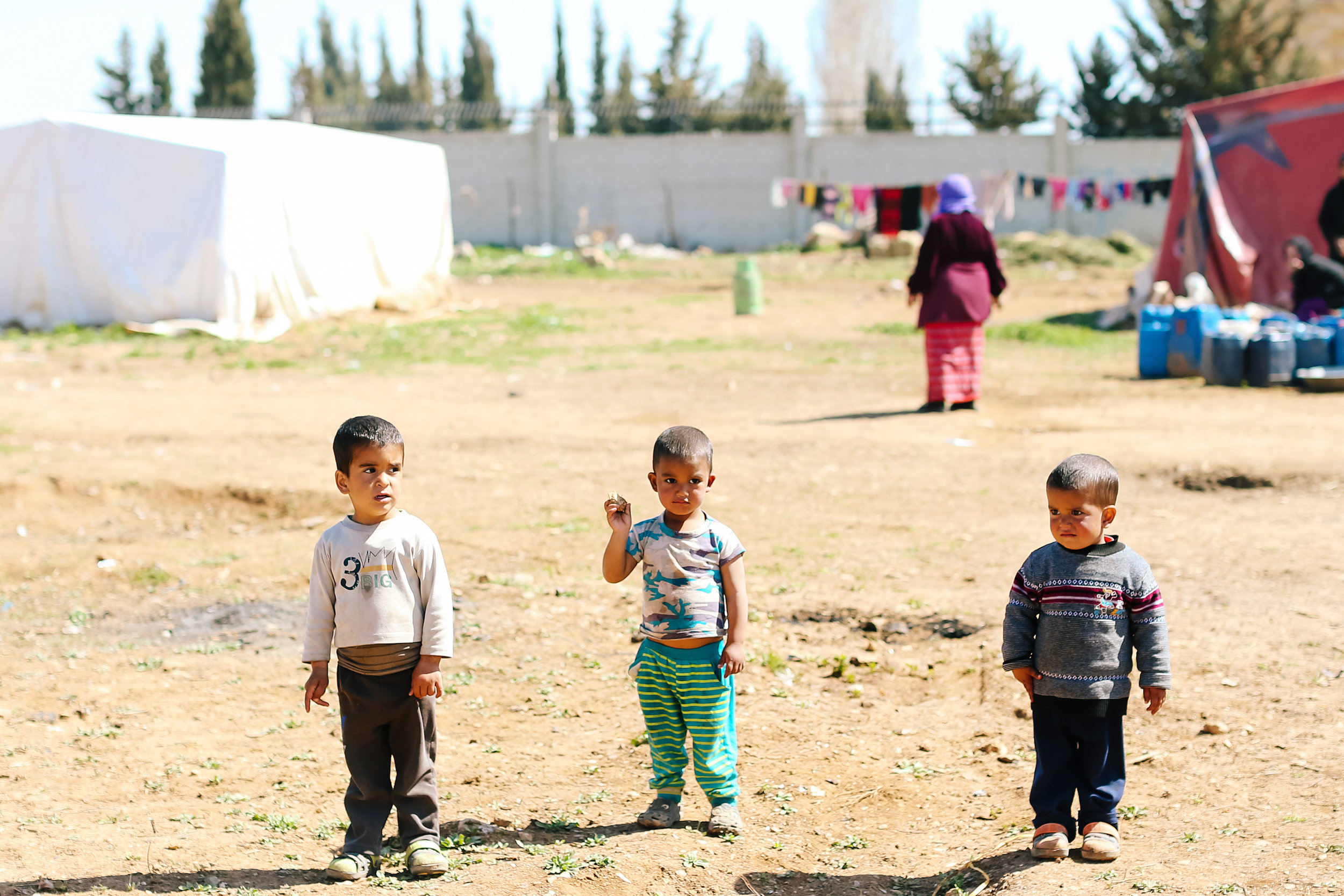
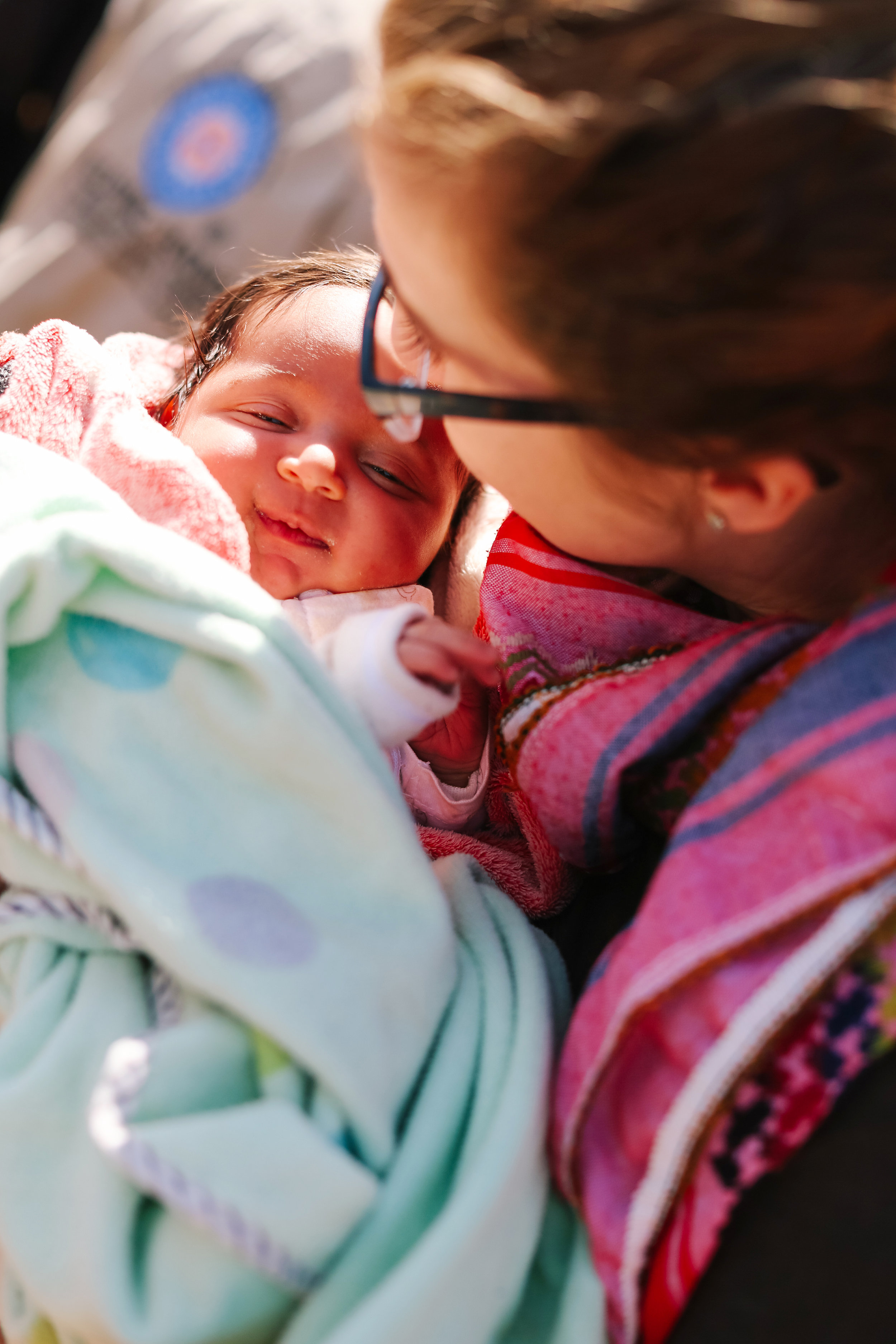
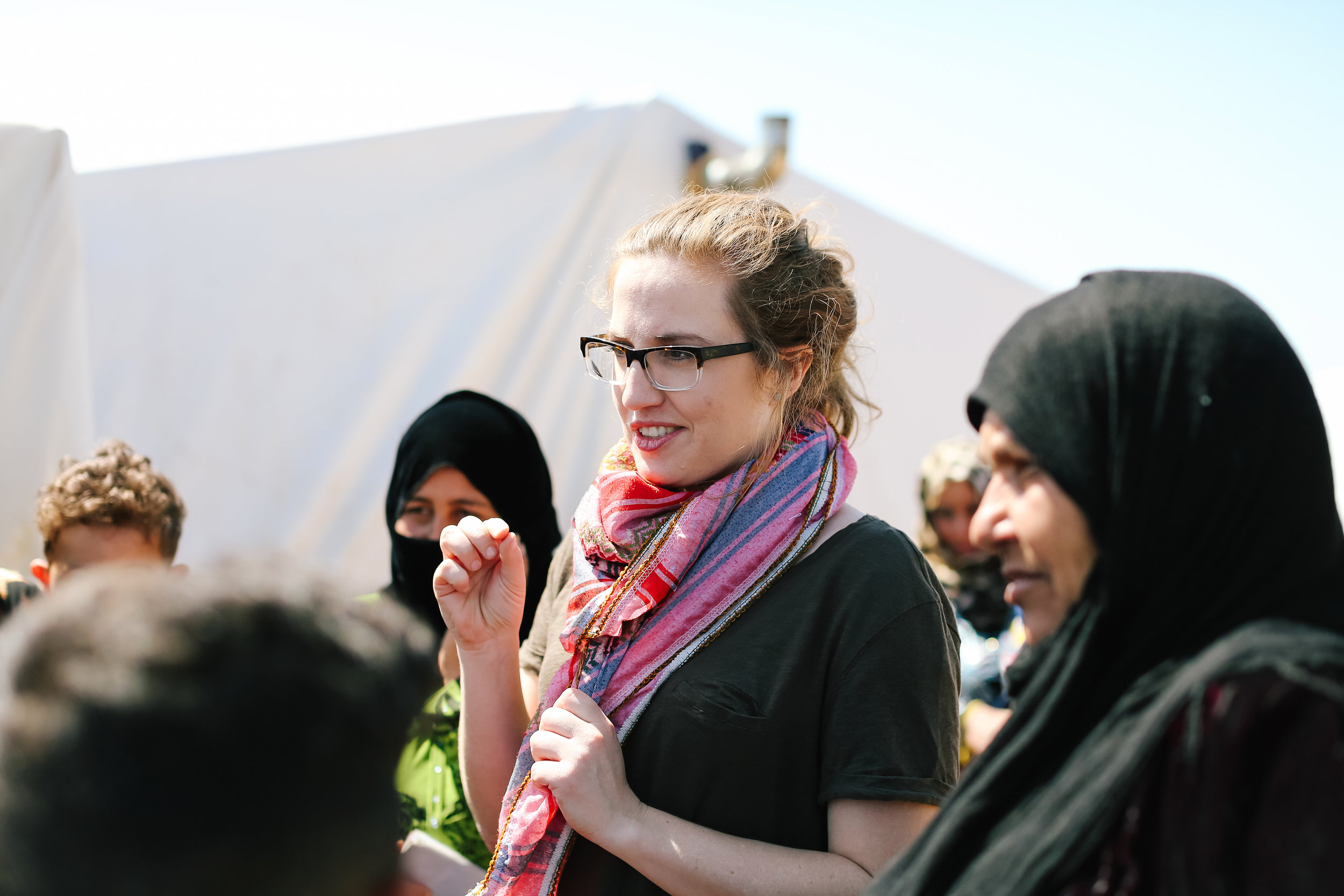
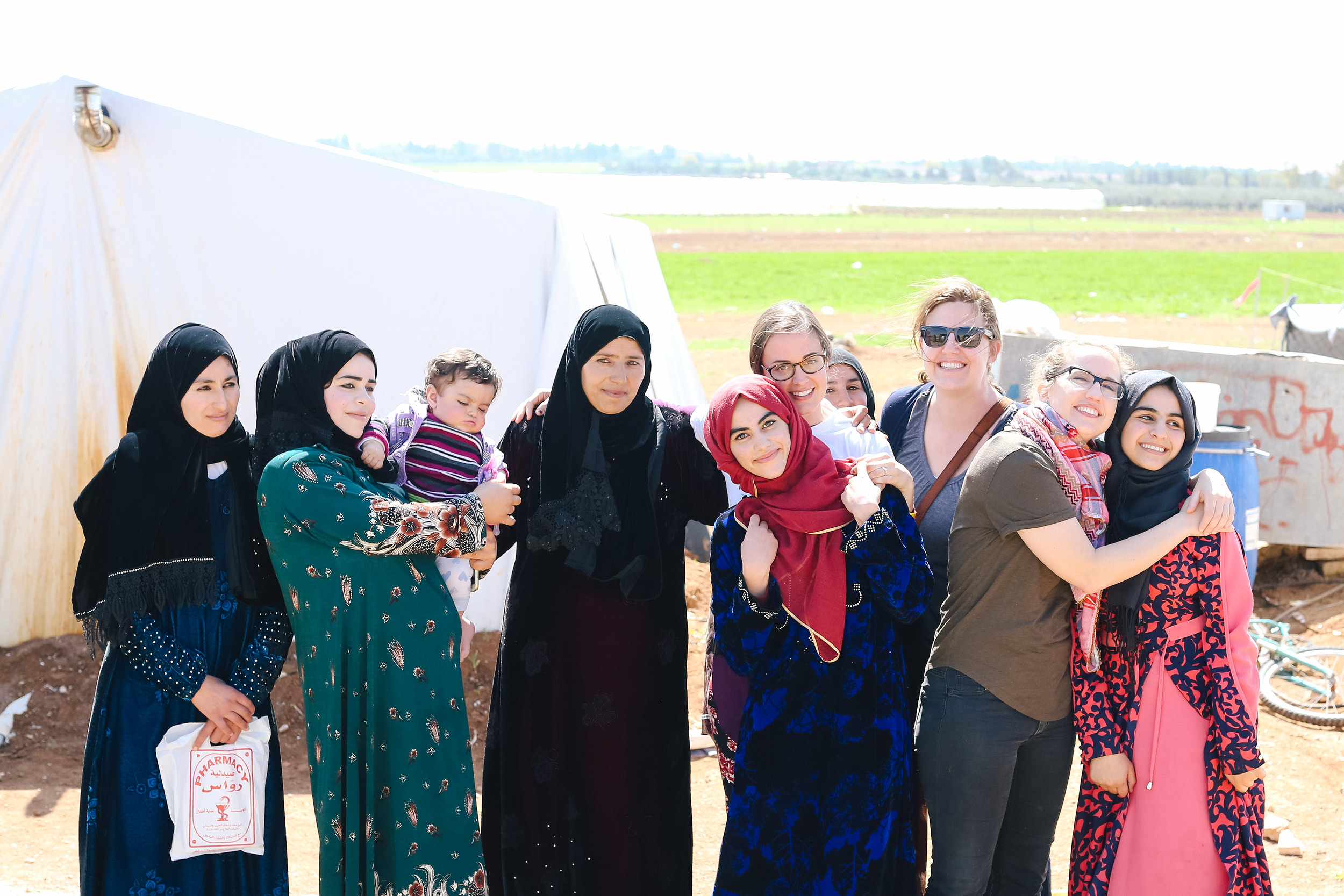
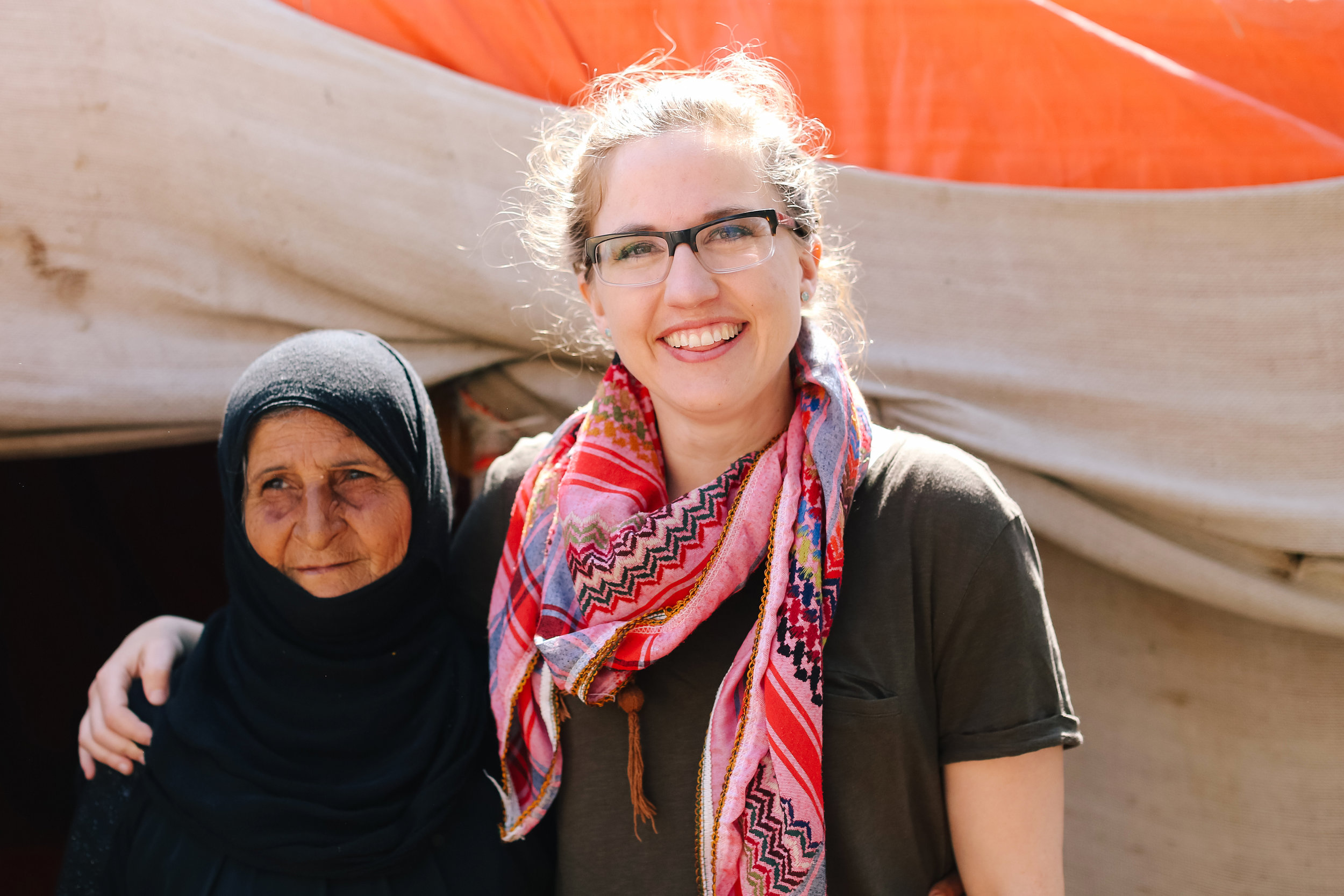
If you are not able to donate directly, you can:
Like and share this post in order to help us reach more potential supporters.
Host a fundraiser in order to purchase even one goat.
Write letters to your community in order to ask for donations toward this project.
Our team is incredibly grateful for your support on this endeavor. Together we can make a difference in the lives of those suffering here in Jordan. Thank you from our hearts to yours.



